|
Friday 8 March 2019 (International Women’s Day) Today, on International Women’s Day, Christine Amour-Levar, Founder of Her Planet Earth and Lucy Bennett-Baggs, Founder of Just Challenge, announced that together they would lead an expedition to Iceland, bringing inspirational women together from around the world to drive change and empower women globally. Just Challenge & Her Planet Earth invite women from any background, industry and country to join ‘Challenge Iceland 2019’, trekking over 75km through spectacular Icelandic terrain to raise crucial funds for UN Women’s programmes that empower and support underprivileged women affected by climate change. Lucy Bennett-Baggs, Founder of Just Challenge, says “We are really excited to have partnered with Her Planet Earth on Challenge Iceland 2019. This is the first ‘women only’ challenge we have launched and we are incredibly proud to be leading an experience that truly promotes gender equality in today’s increasingly pressurised world. This is a once in a life time opportunity that not only develops the women that take part, but also raises funds for those much less fortunate than ourselves”. Christine Amour-Levar, Founder of Her Planet Earth, states “While climate change is a global phenomenon, its impact is not spread across a level playing field. Its effects are felt locally, and poor people suffer the most. Among the world’s 1.3 billion people living in poverty, the majority are women. I am thrilled to partner with Just Challenge on this incredible adventure to one of the most scenic places on earth. Together we will rally a group of dedicated women to raise valuable funds for underprivileged women, ultimately helping them transform their livelihoods so that they can become more resilient to climate change.”
Team Profiles The team of this HER Planet Earth Iceland 2019 Expedition is formed by 12 intrepid women of diverse nationalities and backgrounds. While they are all incredibly well accomplished in their careers, they are equally passionate about protecting the environment and empowering underprivileged women. To read the team bios please click here. Join their mission and advance the cause of gender equality. Apply for one of the limited places today: www.just-challenge.com/iceland2019 For interview requests with Lucy Bennett-Baggs or Christine Amour-Levar – please email [email protected] or [email protected] Just Challenge - Just Challenge delivers life changing adventures, for all abilities, with impact and meaning. They provide companies with the opportunities to engage employees, clients and/or leaders through physical challenges. They believe those that contribute to society and nurture their people will be the ones to prosper. Just Challenge designs and delivers bespoke experiences focusing on four pillars; employee engagement, corporate social responsibility, client relationships and leadership development. Her Planet Earth - HER Planet Earth is a global women’s advocacy movement that promotes a deeper connection between women empowerment and the integrity of the environment. The non-profit organisation, which is headquartered in Singapore, aims to inspire more women to become policymakers and agents of change to achieve social and economic equity and a healthy and thriving planet. To donate to the mission please visit the team’s fundraising page here. On 13 November 2018 at an event hosted in Singapore’s exclusive members’ club, 1880, Chopard discussed how it is using 100% Ethical Gold in its jewellery and watches. HER Planet Earth Founder, Christine Amour-Levar, shared a panel with with Karl-Friedrich Scheufele, Co-President of Chopard, Wei Koh, Founder of The Rake & Revolution and Marc Nicholson, Founder of 1880, to discuss Chopard's commitment to sustainability. Chopard defines “Ethical Gold” as gold acquired from responsible sources, verified as having met international best practice environmental and social standards. Chopard gold is being responsibly sourced from one of two traceable routes:
In order to further increase its contribution in artisanal gold miners’ improvement initiatives and therefore contribute to a further growth of volumes of ethically extracted gold, Chopard joined SBGA (Swiss Better Gold Association) in 2017. “We are incredibly proud of being able to say that all of our gold is being purchased from responsible sources. Chopard’s vision is to increase, as much as it possibly can, the proportion of artisanal gold the Maison buys as it becomes more available on the market. Today, Chopard is the largest buyer of Fairmined gold. It is a bold commitment, but one that we must pursue if we are to make a difference to the lives of people who make our business possible”, said Scheufele. Chopard has been able to achieve this because more than 30 years ago, they developed a vertically integrated in house production, and invested in mastering all crafts internally, from creating a rare in-house gold foundry as early as 1978, to the skills of high jewellery artisans and expert watchmakers. Chopard watches and jewellery are beautifully crafted in-house, this means the Maison is in the unique position to be able to guarantee control of all processes; from manufacturing to final product, therefore controlling the gold used in its products. In 2013 Chopard took the long-term decision to directly invest in artisanal gold, to bring more artisanal gold to the market. By providing financial and technical resources in partnership with the Alliance for Responsible Mining, Chopard were directly responsible for a number of small scale mines achieving Fairmined certification. This then allows the small-scale mining communities to sell their gold at a premium price whilst ensuring mining is undertaken in line with strict environmental and social conditions. Chopard also helped establish new trade routes from the mines they source from in South America, bringing traceable products into Europe and providing further financial income into local communities. This announcement also marked the next phase of Chopard’s sustainability programme - The Journey to Sustainable Luxury – as the luxury watch and jewellery house unveiled its alignment with the UN Global Goals. As a responsible company, Chopard wanted to go above and beyond compliance and measure how the Maison can contribute to the achievement of the ambitious and much needed UN Global Goals; including contributing to decent work, reduced inequality and responsible resource consumption.
“Sustainable luxury is indeed the way of the future. It is not an eco-friendly product seeking a premium image but instead, it is a luxury product with sustainable values. It is another option to conserving our planet since consumers would be channelling their purchasing power to where they might do the least harm — by buying sustainable luxury goods. It is not only good for the planet but it makes absolute business sense in the long term. I applaud Chopard’s efforts and their leadership initiative in this area,” said Amour-Levar. FOR IMMEDIATE RELEASE On November 1, 2018, a self-funded team of ten women from Singapore, Macau, Kuala Lumpur, Manila and London, will set sail across the remote islands of Palawan in the Philippines on a traditional Paraw sailboat raising awareness and funds for women’s empowerment and environmental conservation. The team, working together under the banner of HER Planet Earth, a women's advocacy group headquartered in Singapore that supports the improvement of women’s lives with the integrity of the environment, aims to highlight the importance of climate change and the urgency of preserving the earth for future generations. Indeed, climate change and environmental degradation are known barriers to sustainable development, augmenting existing inequalities and gender often remains the untold story behind climate change. In many countries, women are among the most vulnerable to climate change and environmental impacts, partly because they make up the larger share of the agricultural workforce and tend to have access to fewer income-earning jobs. The destructive forces of nature, impacted by rising global temperatures, which manifest in cyclones, floods and other extreme weather conditions, which can act as negative force multipliers in societies already riven by inequality. A core objective of this expedition is to visit and offer support to the Tao Kalahi Foundation, which includes projects for the advancement of women, children's education, organic farming and local traditional crafts for this region of Palawan. The team will also visit and learn from the Sulubaai Environmental Foundation, an organisation dedicated to conserving, protecting, and restoring the natural resources of Palawan through environmentally sustainable practices and active ecosystems restoration. Operating in and around the island of Pangatalan, a Marine Protected Area or “No-Take Zone”, Sulubaai aims to protect the coral reefs which are the breeding grounds for fish and other marine creatures. They are committed to improving the resilience of ecosystems and increasing fish stock in the area for sustainable living of the families and villagers in the area. The Sailing Expedition is set on a stunning 74-foot sailboat, the largest Paraw in the Philippines, which is a revival of an almost forgotten Filipino maritime culture dating back more than 1000 years. Meandering through the beautiful Linapacan island group from Coron to El Nido, the expedition will combine stretches of pure sailing with time for exploration of the islands, reefs, and villages along the way to discover what support may help advance the women and their local environmental challenges. The team will camp on the shores of raw untouched islands, explore fishing villages, discover hidden jungle routes and visit the various project of the Tao Kalahi Foundation and the Sulubaai Foundation. The women in the islands that the team will be visiting live a very simple existence and one thing they don’t have is access to hygienic and appropriate sanitary wear. In view of this, the HER Planet Earth team will be bringing plastic-free, washable and reusable sanitary packs from Binti International, a UK-based charity that operates a sustainable community projects manufacturing low cost sanitary towels. “While climate change is a global phenomenon, its impact is not spread across a level playing field. Its effects are felt locally, and poor people suffer the most. Among the world’s 1.3 billion poor people, the majority are women. That is why it is vital that we support and empower more women to play a central role in decision-making at all levels of society. Only then will environmental sustainability become a true reality,” said HER Planet Earth Founder, Christine Amour-Levar, who wants to see ‘gender’ at the heart of climate action. FIND OUT MORE About HER Planet Earth HER Planet Earth is a global women’s advocacy movement that promotes a deeper connection between women empowerment and the integrity of the environment. The non-profit organisation, which is headquartered in Singapore, aims to inspire more women to become policymakers and agents of change to achieve social and economic equity and a healthy and thriving planet. HER Planet Earth organises pioneering, self-funded, expeditions around the world to increase awareness of environmental degradation and raise funds for programmes that empower and educate underprivileged women affected by climate change - ultimately helping them build climate change resilience. The organisation partners with nature lovers, environmentalists, scientists, polar explorers, adventurers, women’s rights advocates, corporates, tech entrepreneurs, feminists and NGOs that have programmes and structures in place dedicated to building a deeper connection between gender equality, genuinely sustainable development and the protection of the environment. www.HERplanetearth.com About the Tao Kalahi Foundation Founded in 2008 the Tao Kalahi Foundation works like an extended family in a sustainable micro-economy across a 200km stretch of islands. Creating jobs and providing opportunities: women’s group, food production, water security, schools, and scholarships – offering alternate means of livelihood and access to education among families challenged by isolation and the collapse of the fishing industry. The foundation works with what is already here; utilising abundant resources and harnessing existing skills to come up with sustainable solutions. The foundation is inspired by what the Tao expedition business has already achieved, geared towards inclusive growth. Solely funded by the Tao tourism business, the Foundation is an open space for both sharing and learning. Their goal now is to create a stronger impact not just within island communities but looking outwards, reaching out to other communities in the Philippines, welcoming collaboration towards sustainable development. http://www.taokalahifoundation.org About the Sulubaai Environmental Foundation Sulubaaï Environmental Foundation is a non-profit foundation devoted to protect and restore Pangatalan Island Palawan. In 2011, Sulubaaï Environmental Foundation was born out of a common love for the ocean and desire to help the local communities of Palawan. The foundation decided to implement the first project site on Pangatalan Island. At that time, they found the island in various states of damage so their first task was to prevent further negative impact. In March 2016, the foundation started focusing their efforts on a 45- hectare Marine Protected Area (MPA) surrounding Pangatalan island. Their development model comprises people, environment, and the economy hinged on a sustainable strategy. https://sulubaai-foundation.com About Binti International Binti International is a UK registered Charity who establishes and operates self-sustainable community projects manufacturing low cost sanitary towels. We also deliver bespoke educational programmes raising awareness around menstruation in the UK India and Nairobi. Our projects are micro factories designed for entrepreneurial women self-help groups. We provide the manufacturing equipment, assist with funding options and set up distribution channels to deliver low cost sanitary towels within the community. Binti runs collection and donation drives for vulnerable girls and women in the UK. We deliver educational programmes for the wider community too focused on ensuring that girls understand periods before they start their cycle.https://binti.co.uk Team Profiles The team of this HER Planet Earth Philippines 2018 Expedition from Asia and Europe is formed by ten intrepid women of diverse nationalities and backgrounds. While they are all incredibly well accomplished in their careers, they are equally passionate about protecting the environment and empowering underprivileged women. To read the team bios please click here. To donate the mission please visit the team's fundraising page here. The science is clear. This new study shows that the global fin trade is one of the greatest threats to shark populations worldwide, with fins from up to 73 million sharks making it into the market every year. Fishing pressure on threatened shark populations has increased dramatically in recent years and it is urgent that consumers reject shark fin products altogether – a study in Marine Policy by researchers from the Swire Institute of Marine Science (SWIMS), School of Biological Sciences, University of Hong Kong (HKU), the Sea Around Us initiative at the University of British Columbia (UBC) and WildAid Hong Kong reveals. “Data suggest that global shark catches now exceed one million tonnes per year, more than double what they were six decades ago. This overexploitation now threatens almost 60% of shark species, the highest proportion among all vertebrate groups.” said HKU School of Biological Sciences Professor Yvonne Sadovy, lead author of the study. “Hong Kong is the port of entry for about half of all officially traded dried shark fins globally, importing around 6,000 tonnes per year in recent years.” Professor Sadovy explained. A 2017 study showed that 33% of shark fins found on sale in Hong Kong’s dried seafood stores were from species listed as Threatened by the International Union for Conservation of Nature (IUCN). It is estimated that only 12% of shark fisheries are considered potentially sustainable, indicating that 25,000 tonnes of dried fins each year originate from other unsustainable, often illegal, fisheries. Distinguishing the species from which fins are sourced can be extremely difficult, as the mixing of catches is a common practice that hampers traceability efforts, and many fins look similar. “Shark finning and the mixing of catches tend to take place in the open seas or in remote ports, where there is little to no oversight. Moreover, authorities show little interest in controlling illegal wildlife trade, including that in shark fins. Even if they do, their enforcement capabilities are very limited because they cannot inspect and run DNA tests on every single fin that arrives at their customs to determine the area where the shark was caught, or even determine the species,” said co-author Professor Daniel Pauly, Principal Investigator with the Sea Around Us at UBC. A large proportion of fins comes from sharks caught as bycatch: for example, sharks comprise over 25% of the total catch in longline tuna and billfish fisheries in multiple countries. While there are ways to mitigate biologically unsustainable or environmentally harmful shark bycatch, ranging from temporal and spatial measures to gear modifications, there is very little evidence of fisheries management authorities or industry insisting on rapid adoption of such methods. Indeed, bycatch mitigation measures may well be resisted if bycatch consists of sharks for which fins can be sold. "The global shark fin industry is rife with criminal activity and cannot be trusted to police itself effectively. Ensuring truly sustainable shark fisheries and shark fin trade remain a far-off pipe dream. Simply put, around a quarter of all shark species are hurtling towards extinction. As our paper clearly shows, the only real way to protect sharks is to adopt the precautionary principle and halt the consumption and trade in all shark fin. Furthermore, Hong Kong's restaurant sector – including companies like Maxim's Catering Limited and Paramount Catering Group Limited, should refrain from selling and serving shark fin immediately which is directly contributing to the endangerment of shark species." said Mr. Alex Hofford, Wildlife Campaigner at WildAid Hong Kong. Both legal and illegal fisheries are driving the overfishing of sharks which is driven overwhelmingly by the international trade to obtain their fins. Pressure is particularly high in Indonesia where annual catches exceed 100,000 tonnes of shark a year. India, Spain and Taiwan also play an important role in the catching of sharks and the subsequent sale of their fins in international markets, particularly in Hong Kong, from where many are re-exported, particularly mainland China. In the view of the researchers, waiting for multilateral organisations to develop and enforce rules regarding shark fishing and regulate the fin trade is not an option both because available enforcement and compliance systems are far too poorly applied for wildlife trade in most countries trading fins, including mainland China, and because it would likely take too long and that is a luxury not currently afforded to many shark species. While there is much scope for enforcement of existing laws controlling catching and international trade to improve, this will take time and is unlikely to improve in the near future. “The exclusivity linked to a natural product combined with its limited supply in the wild increases its price and makes it an attractive trading good for business networks, including extensive illegal trade. This trade is simply proving too difficult for authorities to control.” Professor Sadovy added. Consumers have to act fast and decide what is acceptable and what is not when it comes to vulnerable, uncontrolled species. Traditions change all the time according to new knowledge and shifting values. So while the appetite for shark fin soup is growing in places like Thailand and Macau it is slowly declining in Hong Kong and mainland China, where young people are starting to see it as a cultural practice that is worth abandoning.
Global shark catch levels have more than doubled since 1960 and populations of some shark species such as hammerhead and oceanic whitetip have declined by over 90 per cent in recent years largely because of wealthy Chinese consumers’ appetite for shark fin soup, the paper states. The authors call on consumers to reject the luxury dish and for authorities to employ the precautionary principle by protecting sharks more effectively. The shark fin trade is used as an example of the challenges of controlling growing international trade in for high value markets that increasingly threaten wildlife. “Extinction must not make the decision for us.” commented Professor Sadovy “We must either control ourselves to ensure sustainable exploitation and trade, or stop trade in luxury species or products that seriously threaten their future on our planet.” Did you know that forests cover approximately 30% of Earth’s surface? In 2005 alone, there were nearly 434 billion growing stock of trees available and 3.5 of those were removed. 60% of that 3.5 billion removed was industrial wood for woodworking. The remaining 40% was used as fuel. In areas with high income, forests are expanding and some countries are reversing their forest losses. However, in low income areas such as Brazil or Indonesia, forests are rapidly decreasing in size. The Effects of Temperature & Concentration on Woodwork The main concern here isn’t that the produced wood will be toxic, it’s the modified forests and the plantations. The majority of wood used in woodwork comes from these plantations, even though plantations make up a very small minority of all the forests. However, temperature and precipitation does have a huge impact on both modified and natural forests. For some zones, there’s been a polarized shift in which forests are better for growing vegetation. This is because of a 2xCO2 climate change. Some experts are suggesting that in the next couple of decades, we might even see some forest replacement and expansion in the tundra area, which would also make them great for vegetation. This isn’t all good though because a lot of natural forests are still in decline, especially in third world countries and they’re declining fast. Timber for example is usually produced from managed forests and once this lag effect hits the natural forests, the timber production will see a slow down as a result as well. There’s also something called the carbon fertilization effect. As more people fill the Earth, more CO2 is released into the atmosphere. CO2 isn’t all necessarily bad because orange trees have seen a significant increase in production as a result. This is thanks to an experiment called FACE or otherwise known as Free-Air CO2 Enrichment. FACE has faced some criticism because in old trees that are 100 years or older, little to no progress was made or shown. There was little to no stem growth found, so the concentration of CO2 isn’t helping older trees at all. Further studies have suggested that the effects of CO2 have actually been increasing the forest growth rate, even the natural forests. This all boils down to he different temperatures, the precipitation and the availability of CO2 in the area. Disasters & Disturbances Climate change has been a contributing factor to the intensity and the velocity of forest fires, which has been very prominent in the past couple of years, with two major forest fires in the past two years, one which burned down most of Dollywood. The intensity of these fires has been increased thanks to increasingly high winds. Different insects and pathogens have also been very prominent which have helped rot and destroy natural wood, making it unusable for woodwork. The problem with a lot of results and studies done is none of them include pathogens and insects, which have greatly diminished the effects of certain areas. Certain areas have high concentrations of insects due to climate change, which has greatly affected the amount of available wood that can be used by consumers. Russia, Canada and the United States have seen the greatest increase in forest fires because of climate changes and weather conditions that have rapidly shifted in the past couple of decades. In first world countries, forest fires have become more prominent and experts believe it’s because of a combination of: - Ignition sources and how many people are driving automobiles, which releases a lot of harmful chemicals in the air. A lot of people in first world countries prefer driving by themselves which means there’s one vehicle per person on the road most of the time. - The fuel that’s being used is another contributing factor and the fuel used in most modern automobiles today is extremely harmful to the environment. - Fire protection policies and laws have also shifted, because of political regulations and more. Some of these protections were set in place to help prevent or fight forest fires but some have been redacted. In the next decade, it’s expected that areas like Canada and the United States will lose a significant amount of their timber, pulp and other consumer wood because of mostly how people live in these areas and forest fires. Conclusion
The west in general has a lot of extreme events thanks to their sporadic weather conditions. When we have harsh winters and harsh summers, strong winds and other natural weather events will shape the forests we use for lumber and wood in a negative way. We can start by adjusting our behavior as consumers and releasing less harmful chemicals into the air that negatively impact the client. Our negative and harmful ways of living have also allowed more insects and pathogens to negatively impact the forest. If we don’t, then the negative outcome of production in wood will also impact the economy down the road.
Raja Ampat Scientific Expedition Uncovers New Manta Ray Data and Fish Species
By Christine Amour-Levar Humans have identified some two million species of plants, animals and microbes on Earth, but scientists estimate there are millions more left to be discovered. On a recent scientific expedition to Raja Ampat in West Papua, one of the most remote corners of Indonesia’s vast archipelago, world renowned Conservation International Scientist, Dr Mark Erdmann and famed Ichthyologist, Dr. Gerry Allen, discovered new manta ray cleaning stations and two new species of fish – the Grallenia Goby (pictured below) and the Silhouette Goby, the names of which are yet to be decided. Raja Ampat is considered the global center of tropical marine bio-diversity and is referred to as The Crown Jewel of the Bird's Head Seascape, which also includes Cenderawasih Bay and Triton Bay. It is home to more than 600 species of hard corals equaling about 75% of known species globally, and more than 1,700 species of reef fish which is the richest in terms of biodiversity comparing to the size of the region in the world. Endangered and rare marine mammals such as Dugongs, whales and dolphins including orcas inhabit Raja Ampat's waters. The area is also a rich nesting ground for sea turtles who travel from as far as Hawaii and various parts of the Atlantic Ocean to lay their eggs on Raja Ampat's pristine shores. The seven-day expedition sought to fill in knowledge gaps in the population and migration patterns of manta rays in Raja Ampat, as well as survey coral reef fish biodiversity in some of its lesser-visited areas. Armed with a team of Conservation International and Manta Trust scientists, manta ray tagging equipment and cutting edge drone technology, the trip was a notable progression from Dr. Allen and Dr. Erdmann’s typical journeys, and offered the luxury accommodation and five-star hospitality from Indonesia’s luxury private charter vessel Rascal and her crew around the clock. Dr. Allen shared: ‘Rascal was able to take us to Ayau — an area off the beaten path. The biodiversity in these waters is overwhelming, and even after 20 years of diving in Raja Ampat it still continues to amaze me. There is so much we have yet to discover and we are still finding new fish species on most expeditions to Raja Ampat.’
The expedition immersed the team into Raja Ampat’s fascinating unstirred waters, local environment, culture and sustainability. As a result, they made scientific headway with the underwater discovery of a new manta cleaning station at Dayan (off Batanta Island), identifying at least 25 new manta individuals, and another cleaning station in Ayau. The trip was also pioneering in terms of surveying technique, with the successful application of brand new drone technology to survey for feeding mantas, playing a vital part in the discoveries. Dr. Erdmann explained: ‘Until recently we’ve used boats to survey for mantas feeding in new areas, but due to the nature of the species, this approach is frequently challenging and time-consuming; as mantas are black on top and white underneath, they can be quite difficult to spot cruising beneath the surface, particularly when the sky is overcast. From a vantage point 50-100m above the sea surface, a drone can see much further than the human eye and avoids the glare on the sea surface we frequently have to deal with when scanning from boats. By using them in our efforts, we can cover a large area of sea significantly faster and more effectively’. The drones also allowed for monitoring of manta ray feeding and cleaning behaviour in shallow waters. Conservation International is currently training Indonesian scientists to use this new technique during future manta expeditions. Dr. Mark Erdmann and Dr. Gerry Allen are highly regarded for their contribution to marine biology. With twenty species of fish named after him and having described over 500, Dr. Allen, together with Dr Erdmann, were thrilled to discover at least two new species of fish whilst on the Rascal voyage. Additionally, they recorded seven species of reef fish not previously known to inhabit the Bird’s Head Seascape, proving once again that its waters are the epicentre for marine biodiversity. The area's massive coral colonies along with relatively high sea surface temperatures, also suggest that its reefs may be relatively resistant to threats like coral bleaching and coral disease, which now jeopardise the survival of other coral ecosystems around the world. The Raja Ampat islands are remote and relatively undisturbed by humans. The high marine diversity in there is strongly influenced by its position between the Indian and Pacific Oceans, as coral and fish larvae are more easily shared between the two oceans. Raja Ampat's coral diversity, resilience, and role as a source for larval dispersal make it a global priority for marine protection. Watch this short film about the expedition on board the Rascal: On March 22, 2018 HER Planet Earth and '100 Women Doing Good' co-organised an event entitled 'Women in Exploration' in celebration of International Women's Day. The event, held a the ParkRoyal on Pickering Singapore, was sponsored by Philanthropist Brian Gillies, VP of Globaleye Financial Advisory, and aimed to raise awareness and funds for charities focused on Climate Action and Women Empowerment. Lisa Montford, Events Director for 100 Women Doing Good shared “The overall aim of our events is to increase awareness of local charities, whilst raising funds for their vital work, and making meaningful connections, not only with the charities but with all the great women who take the time to come out and show their support. Most importantly, we want to establish a better understanding of the reality of vulnerable people in Singapore and in the region and help make a positive impact on their lives.” The event beneficiaries were charities that champion underprivileged and abused women as well as environmental conservation initiatives. The non-profit entities that were invited and highlighted on the night were:
A passionate supporter of empowering women for a healthier planet, Christine Amour-Levar, Founder of HER Planet Earth, stated "We organise challenging self-funded expeditions around the world to raise awareness and funds for underprivileged women affected by climate change. This is because women are among the most vulnerable to climate change and environmental degradation. While climate change is a global phenomenon, its effects are felt locally, and poor people suffer the most. Among the world’s 1.3 billion poor people, the majority are women." All in all the event raised over 17,000 SGD for the charities present. This is in addition to the 15,000 SGD raise by HER Planet Earth's Antarctic team via their recent climbing expedition to the frozen continent. In January 2018, HER Planet Earth's self-funded team of six women from Asia, Europe, Africa and North America successfully claimed the first ascent of two unnamed mountains in Antarctica’s Heritage Range. The mountains were named ‘Mount Gaia’ - ‘Gaia' is ancient Greek for the Goddess Earth - and ‘Mount Malala’ in honour of the Nobel Peace prize winner, Malala Yousafzai, who embodies courage and women empowerment in the face of injustice. The women chose Antarctica because it is a powerful symbol of what is happening to the environment since it is also fighting for its own survival. In fact, Antarctica, the world’s largest desert, which is 98% covered in ice, is melting at an alarming rate. The continent is losing large chunks of ice the size of cities from its coastline as a result of global warming, and when these icebergs melt and increase sea levels, this could have catastrophic consequences for our planet. A short film about their expedition was premiered at the Women in Exploration event. You can watch the clip below: Earth Hour 2018 reaches over 15,000 people to galvanise action on plastic, with thousands taking a signed pledge. WWF survey finds strong support for solutions to reduce plastic use and increase recycling. As part of the world’s largest environmental movement, over 15,000 people came together at Earth Hour 2018 to learn about the global plastic crisis. Of this, thousands took a signed pledge and called for more to be done in Singapore to reduce plastic waste. Earth Hour by the World Wide Fund for Nature (WWF) galvanises climate and environmental action around the world. This year, it highlighted a critical environmental issue for Singapore: the high consumption and low recycling rates of plastic. Singapore generates 700 million kg of plastic waste every year, and 93% of plastic waste is not recycled. Preliminary results of a survey by WWF found strong support for solutions to reduce plastic waste, such as better access to recycling bins or chutes (96%), increased responsibility by businesses (90%) and a tax or ban on plastic bags (74%). “The skyline going dim and thousands of people coming together shows that Singapore cares for what we are doing to our environment. We face an urgent global crisis on plastics - one that we as humans are responsible for. It is therefore heartening to see the multitude of people joining us at Earth Hour, welcoming greater action including support for government legislation on plastics,” said Elaine Tan, Chief Executive Officer of WWF-Singapore. Led by local artistes including Dru Chen, Jack & Rai and the Jukuleles, Earth Hour was celebrated at the 60+ Countdown Bash at Marina Bay. At 8.30pm, the Singapore skyline dimmed for an entire hour in a symbolic moment of solidarity for the planet. Earth Hour 2018 was held in conjunction with i Light Marina Bay and supported by CHARLES & KEITH, FairPrice and StarHub, as well as media partners Blue Ant Media and Outdoor Channel. About Earth Hour Earth Hour is WWF’s global environmental movement. Born in Sydney in 2007, Earth Hour has grown to become the world’s largest grassroots movement for the environment, inspiring individuals, communities, businesses and organizations in more than 170 countries and territories to take tangible climate action for over a decade. The movement recognises the role of individuals in changing climate change and harnesses the collective power of its millions of supporters to shine a light on climate action. 3/15/2018 Swiss Sailboat Fleur de Passion Arrives in Singapore as Part of Ocean Mapping ExpeditionRead Now By Christine Amour-Levar The 33m-long Swiss research vessel Fleur de Passion, an old German World War II navy minesweeper which has been disarmed and redesigned for scientific research, reached Singapore on March 13, 2018 and docked at the Republic of Singapore Yacht Club. The vessel and its crew are on a four-year Ocean Mapping Expedition around the world, retracing the footsteps of Ferdinand Magellan, measuring the impact of humans on the oceans and raising awareness for sustainable development - a project led by by Geneva-based Fondation Pacifique. Magellan was a Portuguese explorer who set sail from Seville, Spain in 1519 and embarked on a voyage, which became the first recorded circumnavigation of the Earth. His arrival in Cebu, Philippines in 1521, would eventually lead to the Spanish colonisation of the Philippine Islands. Like Magellan, the research team set sail from Seville, Spain in April 2015 and hopes complete the journey by August 2019. Working mainly with the authorities of the Swiss City-State of Geneva, the Ocean Mapping Expedition offers various educational and cultural programmes to the public. Some of the scientific activities featured on the ship included the following: 20,000 Sounds Under the Seas The 20,000 Sounds Under the Seas programme in partnership with biologist and engineer Dr Michel André records the sounds of the sea to assess noise pollution produced by human activity. "Marine noise pollution is recognized today as one of the greatest disrupters of marine ecosystems that threaten the natural balance of the oceans", said Dr André. "This pollution is little known to the general public because it is invisible and inaudible, at least for human ears,” he explained. Micromégas The Micromégas programme with the Federal Polytechnic University of Lausanne involves taking seawater samples at the ocean surface to evaluate the level of plastic pollution. The expedition also encourages education initiatives such as The Youth at Sea educational programme, which invites young people to stay on-board Fleur de Passion for up to two months to experience life at sea as full-time crew members. Over 34 teenagers have participated in the programme since 2015. Magellan’s Mirror As part of an arts initiative, the ship also offers the Magellan’s Mirror cultural programme which invites cartoonists from Switzerland and other parts of the world to come aboard the ship and create illustrations to explain the expedition's mission and its programmes to a wider audience. The Winds of Change The Winds of Change programme, in partnership with the University of Geneva, launched in December 2017 in Mactan, Philippines. It monitors the methane and carbon dioxide levels in the oceans in order to better understand global warming. "Methane and carbon dioxide concentrations clearly rise near cities, approaching islands and shallow seas, in other words in areas that are influenced by human activities or experience higher algal growth", said Prof. Daniel McGinnis, Head of the Aquatic Physics Group at the University of Geneva and responsible of the programme on the expedition. Established in 2007, the Fondation Pacifique has been carrying out educational, cultural, and scientific expeditions in order to help understand the human impact on the ocean. Fleur de Passion’s voyage can be tracked on their website and updates can found on their Facebook page and YouTube channel. The sailboat departs Singapore on March 25, 2018 before heading to Jakarta, Madagascar, Mozambique and South Africa, where she is expected to arrive in Durban then Cape Town by the end of the year. Earth Hour, the landmark movement by World Wide Fund for Nature (WWF), is back with a festival highlighting the global plastics crisis. By helping people understand how plastics impact the natural world, Earth Hour 2018 will rally support for the actions and solutions needed to address plastic waste in Singapore. Plastics are a mainstay in everyday life, but excessive usage is impacting ocean health and biodiversity. By 2050, there could be more plastic in the ocean than fish by weight. The use of fossil fuels to manufacture plastics further worsens climate change. 3 million plastic bags and bottles are sold every 60 seconds around the world. In Singapore, a person uses 13 plastic bags a day, amounting to 27 billion plastic bags every year. “A mindset overhaul on plastics is due in Singapore. Plastics can be a resource, but a staggering amount is used and produced today. Having individuals understand the issue and more importantly, take action to reduce their plastic use, is key to a lasting solution. Earth Hour aims to drive this change right here in Singapore,” said Elaine Tan, Chief Executive Officer of WWF-Singapore. People in Singapore are asked to support the Earth Hour movement with a #uselessplastic commitment: to reduce plastic use, and to refuse “useless” or unnecessary plastics such as straws, bags and stirrers. To drive home the message, Earth Hour will be a plastic-free event. Visitors are encouraged to bring their own reusable bottles, and no single-use plastics will be provided by participating vendors. Earth Hour 2018 Activities Earth Hour is held in conjunction with i Light Marina Bay, which encourages sustainability through a showcase of 22 light art installations. The 10-day festival from 16-25 March will feature interactive experiences, art and family-friendly games at the Earth Hour Village. The annual 60+ Countdown Bash will take place on 24 March, with the Singapore skyline going dim at 8.30pm.
Through an online platform called Connect2Earth ( connect2earth.org), WWF aims to spark conversations around nature and biodiversity around the world. The social data gathered through the hashtag #Connect2Earth will be used to identify current environmental topics based on geographical locations. Opening Hours ● Earth Hour Village: 16-25 March, 5pm - 9pm ● Earth Hour Marketplace: 23-25 March, 11am - 10pm (10.30pm on 24 March) ● 60+ Countdown Bash: 24 March, 6pm - 10.30pm Earth Hour 2018 is on Saturday 24 March at 8:30 p.m. local time (Singapore). Fact sheet prepared by WWF CLIMATE CHANGE AND OUR PLANET Today, our planet – and its climate – is changing at an unprecedented scale. Human needs for energy, food, shelter and overall consumption patterns are driving up global greenhouse gas emissions and with every passing year, and each new climate record, climate change is making its presence known with an intensity we have not seen before. Major natural systems – atmosphere, marine and terrestrial – are experiencing signi cant disruption, globally and locally. The results are evident – in the air, sea and on land – warming and acidi cation (changes in its pH level) putting pressure on sheries and bleaching coral reefs; shifting growing seasons that are impacting food production and availability for people and wildlife; intense and more frequent oods and droughts that are disrupting and destroying homes, habitats and migration patterns. Taken together, these e ects of climate change are eroding the planet’s best defense against its impacts: the earth’s biodiversity. UNDERSTANDING BIODIVERSITY As vast as our planet is, there is no place on Earth where one would fail to nd life. It may be as massive as the blue whale in the ocean or the elephant in the tropical rainforest, or as small as the cactus in the savannah and the plankton in the sea. But each has a role to play in keeping our natural systems working. Biodiversity is the single word used to describe this huge variety of life in a variety of places. There are many di erent species and habitat types, and many of them are dependent on each other for life. But what does that have to do with us and climate change? Everything. BIODIVERSITY SUPPORTS US Biodiversity is essential to the food we eat, to the water we drink and the air we breathe. All of these ‘services’ we take for granted depend on a complex web of soil, water and carbon processes, powered by the millions of species we share our planet with. Take the example of the Amazon rainforest. Often called the ‘lungs of our planet’, did you know that every species in this biodiversity hotspot – plant or animal – is helping provide the air we breathe thousands of miles away? The leaf-cutter ant for instance helps trim forest vegetation, stimulating new plant growth while breaking down plant materials and adding essential nutrients to the soil. This helps trees to grow and replenish – and continue to produce around 20 per cent of the Earth’s oxygen. Incredible, isn’t it? And to think that is just one species in one forest on one continent on Earth! At any given minute, biodiversity is helping provide the services below to you and me, together with the varied wildlife we share our home with: But now, things are changing. Our planet is getting warmer, our forest cover thinner and our oceans more acidic and it is because of us – and climate change. CLIMATE CHANGE THREATENS BIODIVERSITY Biodiversity provides a global safety net, providing us with all the essentials for life. Each species is like a single thread – and the more threads that link together, the stronger the net and the better our planet can cope with change. But when a thread fails, which is happening more and more due in part to climate change, it weakens all the other links. The impacts of climate change, such as rising waters, melting ice or drying river basins and croplands, mean that species, including us humans, are having to move or adapt how and where they nd food and water. Our grasslands, forests and oceans are reeling under growing pressures such as droughts, wild res and coral bleaching, to name a few. All in all, biodiversity is struggling to keep up and as it does, we are losing what could be our best defence against climate change. HOW BIODIVERSITY CAN HELP CHANGE CLIMATE CHANGE Our forests and oceans are on the frontline of climate change – and climate action. Between them, they absorb about 60 per cent of the planet’s CO2. But as we pump more greenhouse gases into the air, we need to ensure our forests and oceans are healthy enough to take the load. Healthy natural systems with rich biodiversity can be more resilient against threats like climate change (ask the dinosaurs!), with nature continuing to provide the essential support we all depend on as people and other species try to adapt and thrive. By protecting Earth’s natural systems, together with the variety of life needed to make them work, we can help reinforce our planet’s natural defences against one of the greatest environmental challenges of our time. MAKE THE DIFFERENCE WITH EARTH HOUR 2018 Join WWF’s Earth Hour to protect biodiversity – and our planet – against climate change. Together, we can create real impact and ensure people and nature can thrive in our shared home. This is our moment to change the planet for the better. In the past decade, WWF’s Earth Hour has helped mobilize communities and countries take action to protect their seas and forests, from Russia and Argentina to Uganda, Ecuador, Madagascar and Indonesia. Join us today and be a part of the world’s largest grassroots movement for the environment. Since 2007, WWF’s Earth Hour has mobilized millions around the world to encourage action to protect our planet and its biodiversity against climate change. Impacts include:
This Article was first published on Forbes on February 21, 2018. Story written by Christine Amour-Levar Shark fin soup has been a tradition at Chinese festive celebrations and wedding banquets, but growing demand of shark fin soup is pushing sharks to extinction and disrupting the balance of our oceans. Without sharks, the entire ocean ecosystem could be altered, negatively impacting humans and ocean dwellers alike. According to the World Wildlife Fund (WWF), a quarter of sharks and rays are facing extinction in the coming years. Today, 100 million sharks are killed annually around the world, driven by demand for their fins and meat. Hong Kong, China, Malaysia, Singapore and Taiwan are the top importers of shark fins globally. The fins are supplied by Indonesia, Spain, India, the United States and Argentina, which account for almost half of all shark landings in the world. In 2017, Singapore was identified as the world's second-largest trader of shark fins after Hong Kong. Between 2012 and 2013, Singapore exported $40 million worth of shark fins, closely following Hong Kong’s $45 million, and imported $51.4 million worth of fins, compared to Hong Kong’s $170 million. Nevertheless, Singaporeans are increasingly aware of this grave problem, and according to a recent survey by WWF, nine out of ten people in the island state care about sharks going extinct, while eight out of ten have stopped consuming shark fin over the past year. Despite this, there is still a significant group of people who believe sharks can be grown in fisheries. Many fisheries across the world have tried this but to-date, only one has been able to farm one species: the spiny dogfish. All sharks sold in Singapore today are caught in the wild. Furthermore, some countries have regulations that only allow shark fishing if the whole animal is brought to land. Yet, this does not make the practice sustainable. Thanks to the growing awareness of the impact sharks’ extinction could have on our environment, the #NoSharkFin movement is gaining momentum around the world and particularly in Singapore. And as the island celebrates the Lunar New Year, businesses across the country are taking action against serving shark products. Last week, 89 Singapore-based establishments committed to phasing out shark fin in 2018. These include brands such as Crystal Jade, Pan Pacific Hotels, AccorHotels and Foodpanda, whose policy applies across its 3,800 partner restaurants. Chinese restaurant group, Crystal Jade Culinary Holdings, has committed to removing shark fin dishes from the Chinese New Year set menus across all restaurants in Singapore under its portfolio. From 31 July 2018, shark fin will no longer feature on the menus of its 28 restaurants. “Seafood remains a prominent part of Chinese cuisine. This decision to phase out shark fin, a long-established traditional dish, is our first step towards protecting oceans and seafood supplies as a socially-responsible business. We will continue to offer premium alternatives in place of shark fin,” said Cynthia Yee, Senior Vice President, Marcom, Crystal Jade Culinary Holdings. The company is confident that the move will improve customers' perceptions and lead them to patronize its restaurants more often. The Pan Pacific Hotels Group, which is headquartered in Singapore, has stopped serving shark fin across its 34 properties and 7 restaurants around the world as of 1 January 2018. F&B delivery service, Foodpanda will also remove shark-related dishes from the menus of the restaurants listed on its platform starting 5 March 2018. Its head of marketing and sustainability lead Laura Kantor said that currently, just 93 out of 3,800 restaurants on the platform serve shark fin and less than 1% of total orders include shark fin. This move signals a collective effort by the F&B industry to address the serious threat that shark fishing poses. “As sustainable options do not exist for sharks, halting consumer demand is the only solution today.” said Elaine Tan, Chief Executive Officer of WWF Singapore. This is WWF's largest collective pledge by the F&B industry in Singapore to date. Establishments will phase out shark fin in one of three ways; by completely removing shark fin from their menus, by not serving shark fin for a trial period of time or by removing shark fin from menus and serving it only upon request or on a case-by-case basis. Environmental issues related to consumption of shark meat and fins are not new among consumers in Singapore and abroad. Over the last five years, about 18,000 hotels worldwide have removed and banned shark's fin from their menus. Consumption of shark fin soup in China has fallen by around 80% since 2011, thanks to a celebrity-driven public awareness campaign and a government crackdown on extravagant banquets. But the good news is offset by an alarming rise in the consumption of this prestige dish in places like Thailand, Vietnam, Indonesia and Macao, according to a new report by WildAid, a San Francisco-based group that campaigns to curb demand for wildlife products.
Continued public awareness, effective legislation and ongoing scientific research remain essential to the future safeguarding of many shark species, even as conservation efforts continue. 2/4/2018 How Airbus' Flying Taxis Could Be The Next Great Idea For Singapore's Congested RoadsRead Now Article first published on Forbes on February 4, 2018. Story written by Christine Amour-Levar Traffic congestion is one of the most prevalent and frustrating characteristics associated with major cities. Despite being known as the "Garden City," Singapore has one of the highest road densities of developed nations with 4.8km of road for each square kilometre of land. Singapore also has one of the highest ratios of vehicles per kilometre of road at 232. This is significantly higher than Japan (63), France (39), the United Kingdom (77) and the United States (37). Even though the country has put in place a range of incentives and constraints to limit the impact cars have on the city-state with a system of quotas, registration fees, and congestion charges, traffic congestion still remains a major concern. And as the city gears up, once again, to host the Singapore Airshow, Asia's largest aerospace and defence event on Feb 6 to 11, 2018, one area of interest bound to be on everyone's minds is urban mobility. Airbus, a major participant of the air show every year, announced it is planning to feature its Urban Aerial Mobility (UAM) technology -- more commonly known as the flying taxi concept. Visitors at the Airbus stand will be offered a virtual reality tour in this hotly anticipated solution to road congestion. The CityAirbus or Flying Taxi programme, an intrinsic part of the overall UAM concept, is scheduled for its first test flight at the end of 2018. With an estimated cruising speed of 120 kph (80 mph), it will be a multi-passenger, self-piloted, battery-powered, vertical take-off and landing vehicle intended to carry up to four passengers over congested megacities in a fast, affordable and environmentally friendly way. Furthermore, while initially slated to have a pilot onboard, the taxis will switch to fully autonomous operations as and when the host city is ready to go driverless. The flying taxis would be able to skip over city traffic, which could dramatically decrease travel time, entering and exiting busy transit points, alleviating ground congestion and reducing CO2 emissions. Singapore is as serious about cutting traffic congestion as it is about reducing its CO2 emissions and remaining ahead of the curve when it comes to environmentally-conscious businesses and green technologies. Singapore’s Minister of Finance Heng Swee Keat in his Budget 2017 speech included plans to implement a carbon tax from 2019 and adjustments to two vehicle incentive schemes to encourage the use of greener vehicles. Furthermore, in March 2017, the Ministry of Transport also revealed that it was in talks with companies to start trials on flying taxis. This is part of a drive to expand the range of urban mobility options, and Singapore plans to have them ready by 2030. CityAirbus Programme Head Marius Bebesel said in an interview for this article that wherever Airbus operates its new urban air mobility vehicles they will need to meet government regulations and fit into the local air traffic infrastructure and rules concerning routes, altitudes and speed. “We are discussing such requirements with authorities in several countries, including Singapore,” he said. Furthermore, when asked about the price tag of these flying taxis and the infrastructure requirements, he answered that they "will be cheaper than a conventional helicopter both in terms of acquisition and operation, and any city using our flying taxis will need to build dedicated vertiports for take-off and landing as well as ground stations to control the vehicles.” Additionally, with artificial intelligence (AI) replacing the traditional human driver, concerns have arose that autonomous buses and flying taxis could be exploited through malicious attacks and weaponized. Airbus is aware of this growing risk, according to Bebesel, and "actively dealing with this aspect of safety on all levels." Ultimately, Airbus believes that its Flying Taxis will revolutionize urban travel for millions of people. “In a not too distant future, we'll use our phones to book a fully automated flying taxi that will fly us from the city to the airport – without any pilot." And Airbus isn't the only company developing flying taxis. Uber has signed a deal with NASA to help develop traffic systems for its flying car project, which it hopes to start testing in 2020, while Dubai just saw the maiden trial of a two-seated, 18-rotor taxi prototype built by the German company Volocopter. Nevertheless, Airbus benefits from a close relationship with Singapore dating back to the mid-1970s, with the company supplying Singapore Airlines and Silkair with Airbus jetliners, from the A320 to the A380. It seems likely that Airbus’ Flying Taxis may soon be buzzing over the Lion City |
Details
AuthorChristine Amour-Levar Archives
December 2023
Categories
All
|


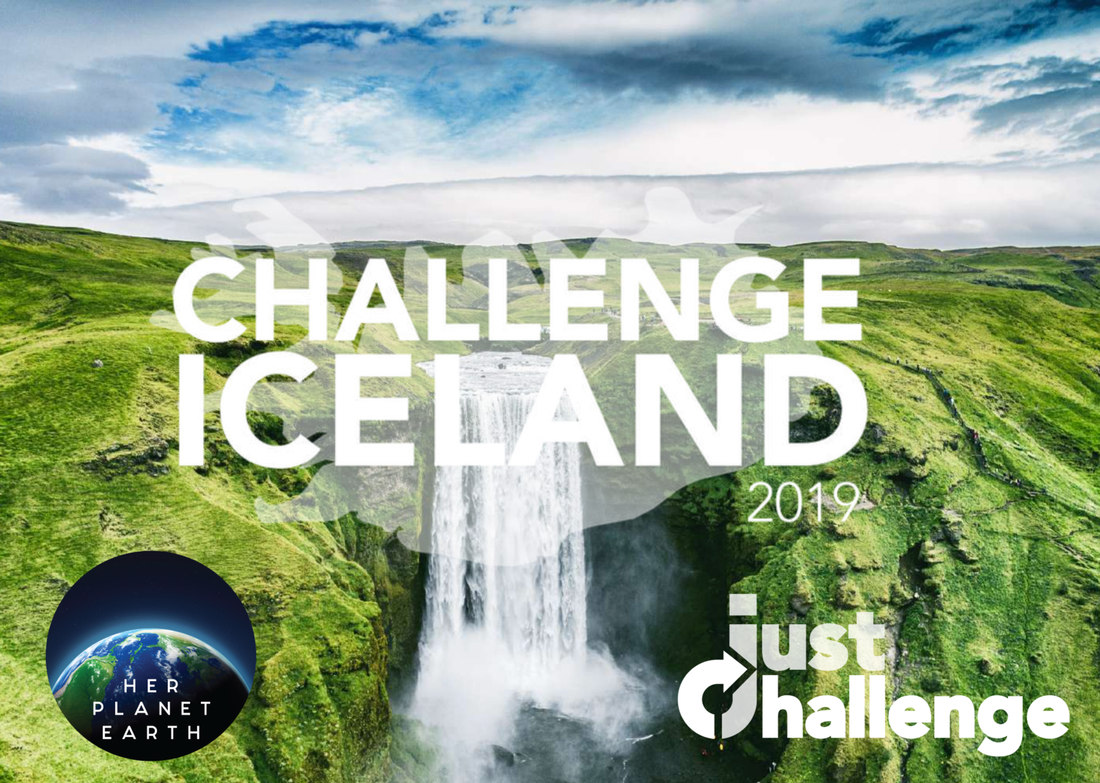





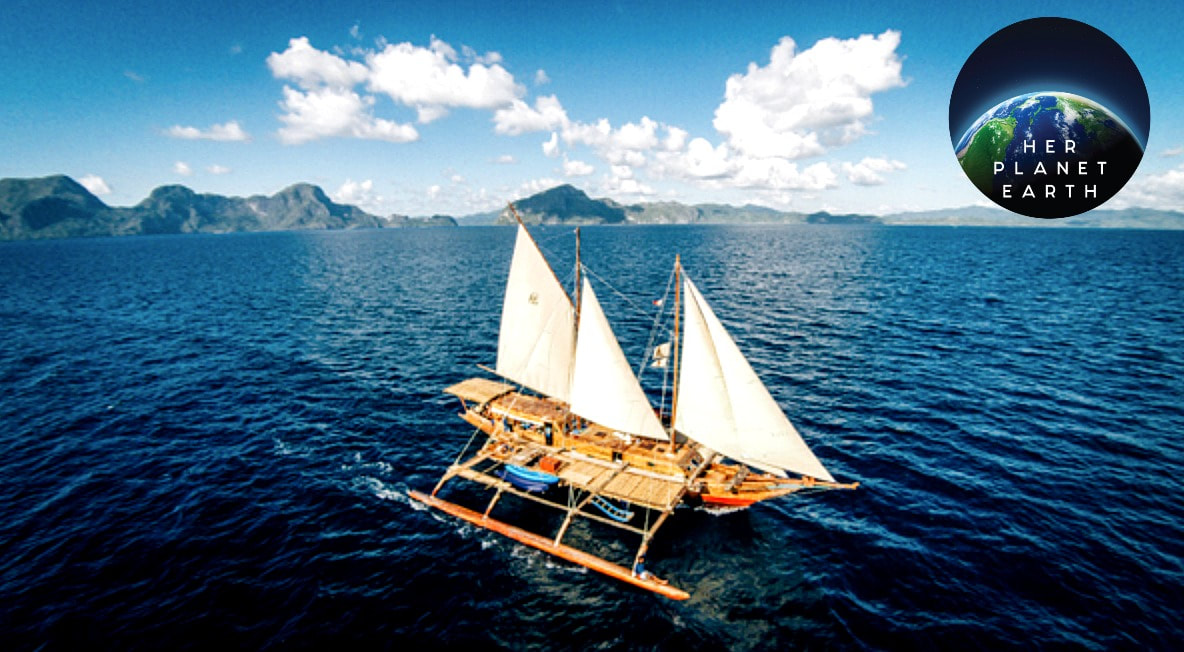
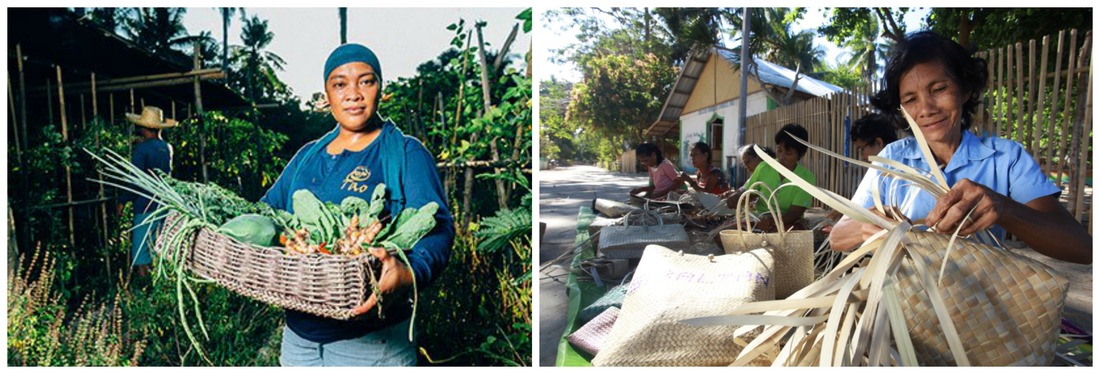
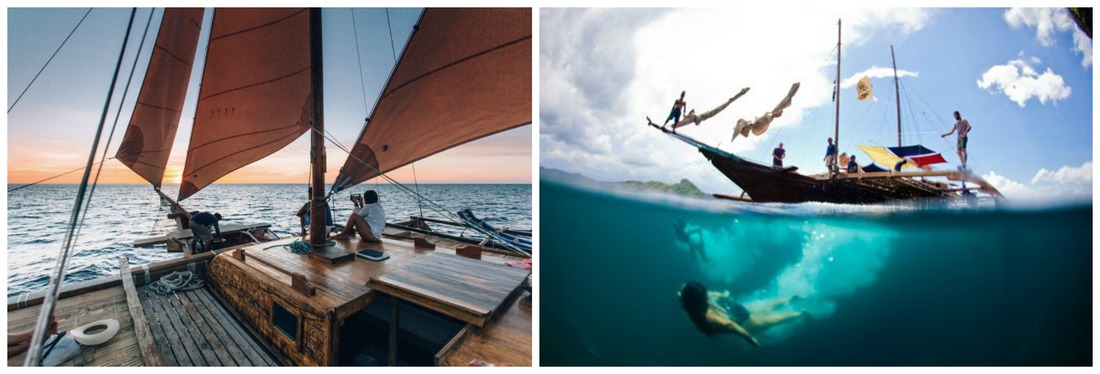
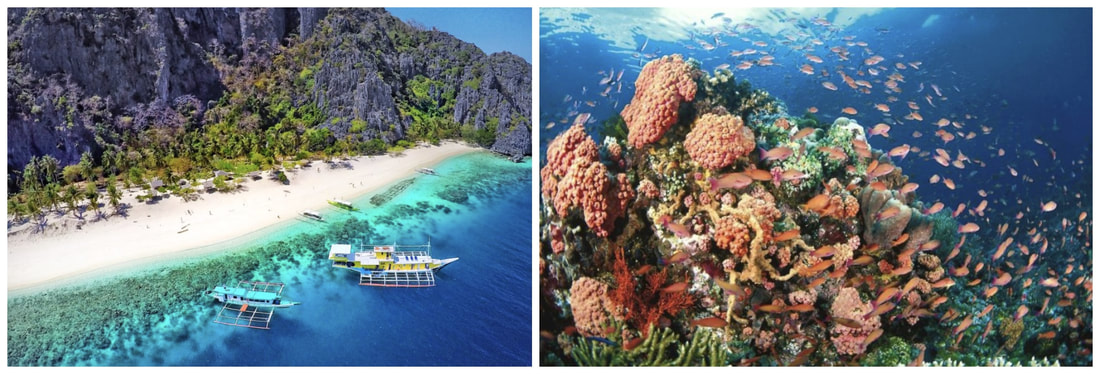

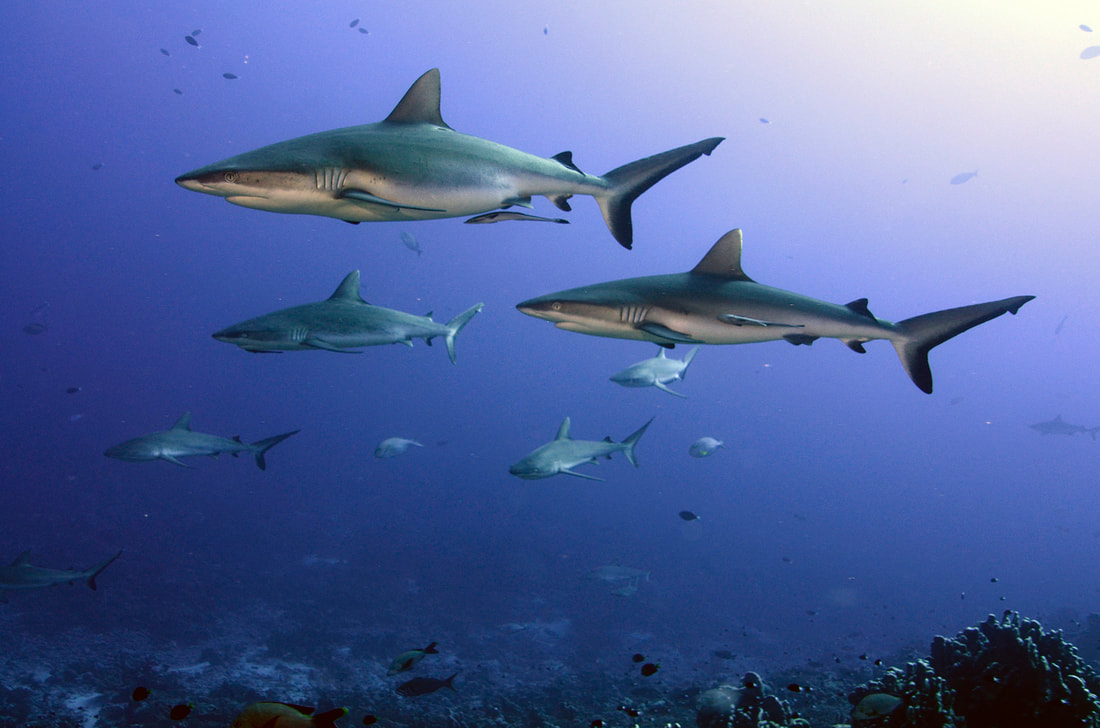
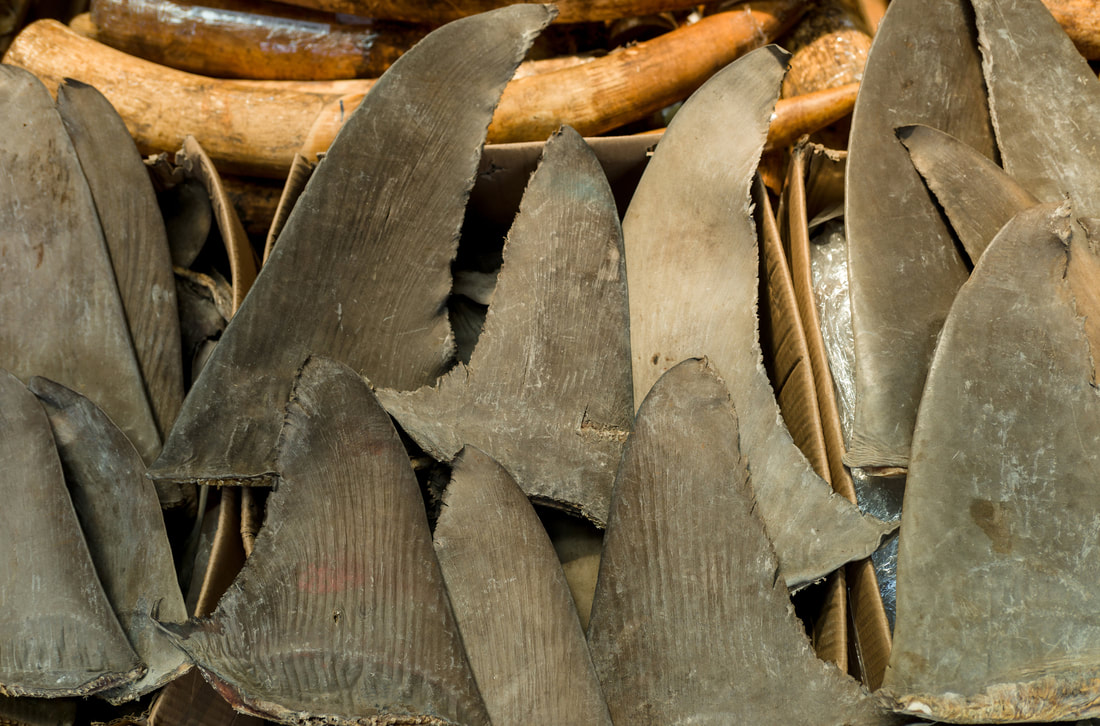
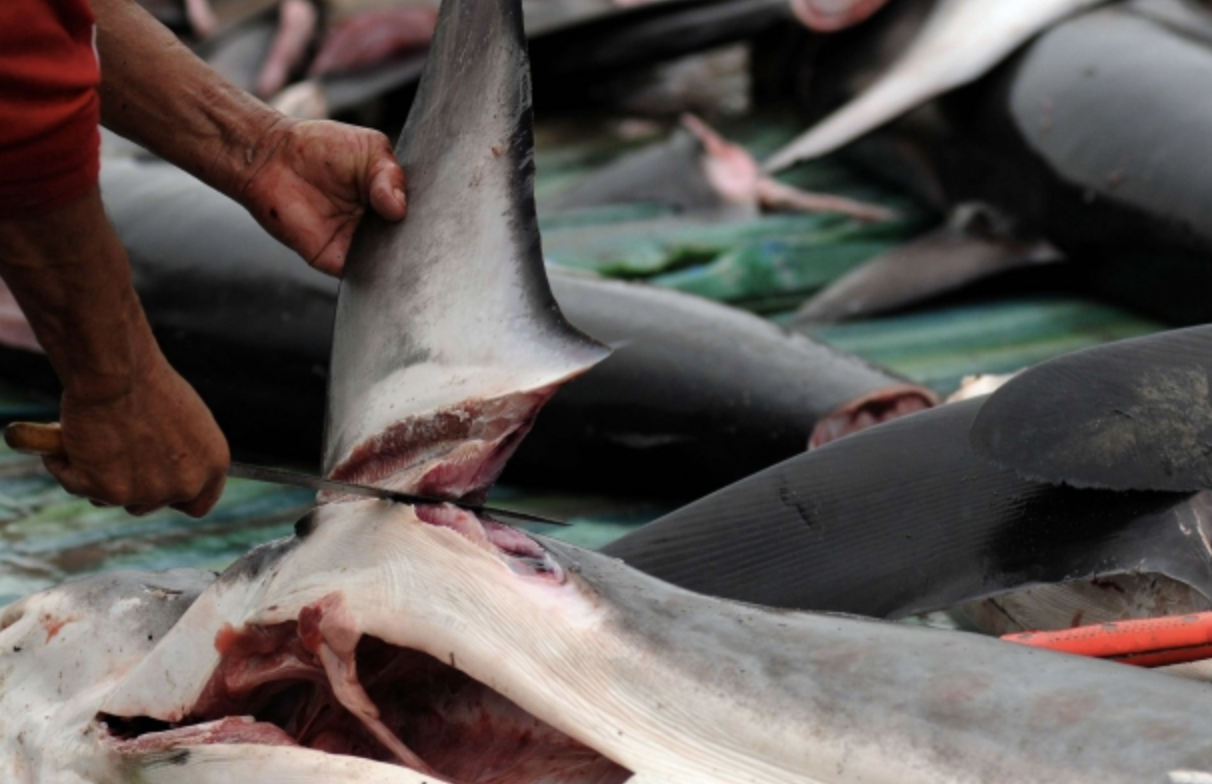
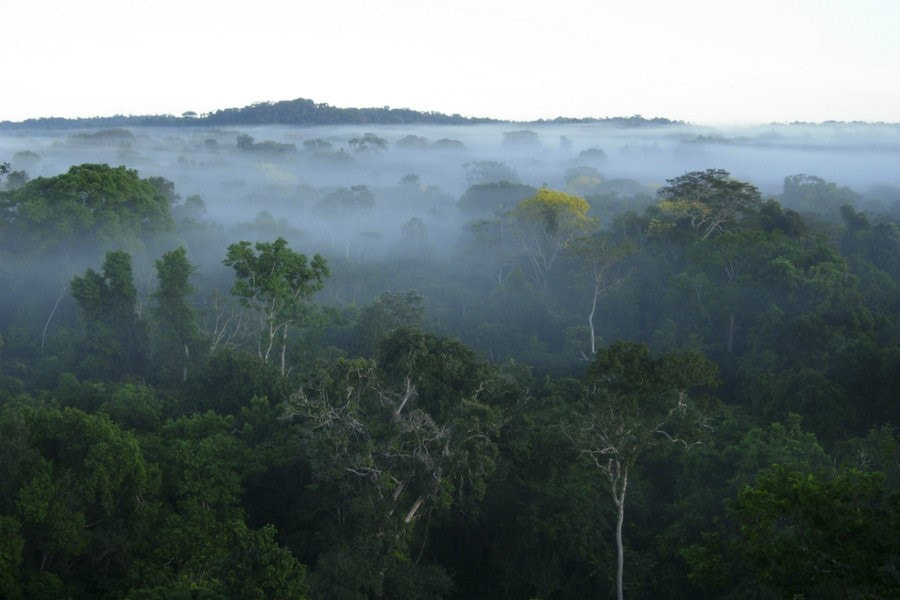

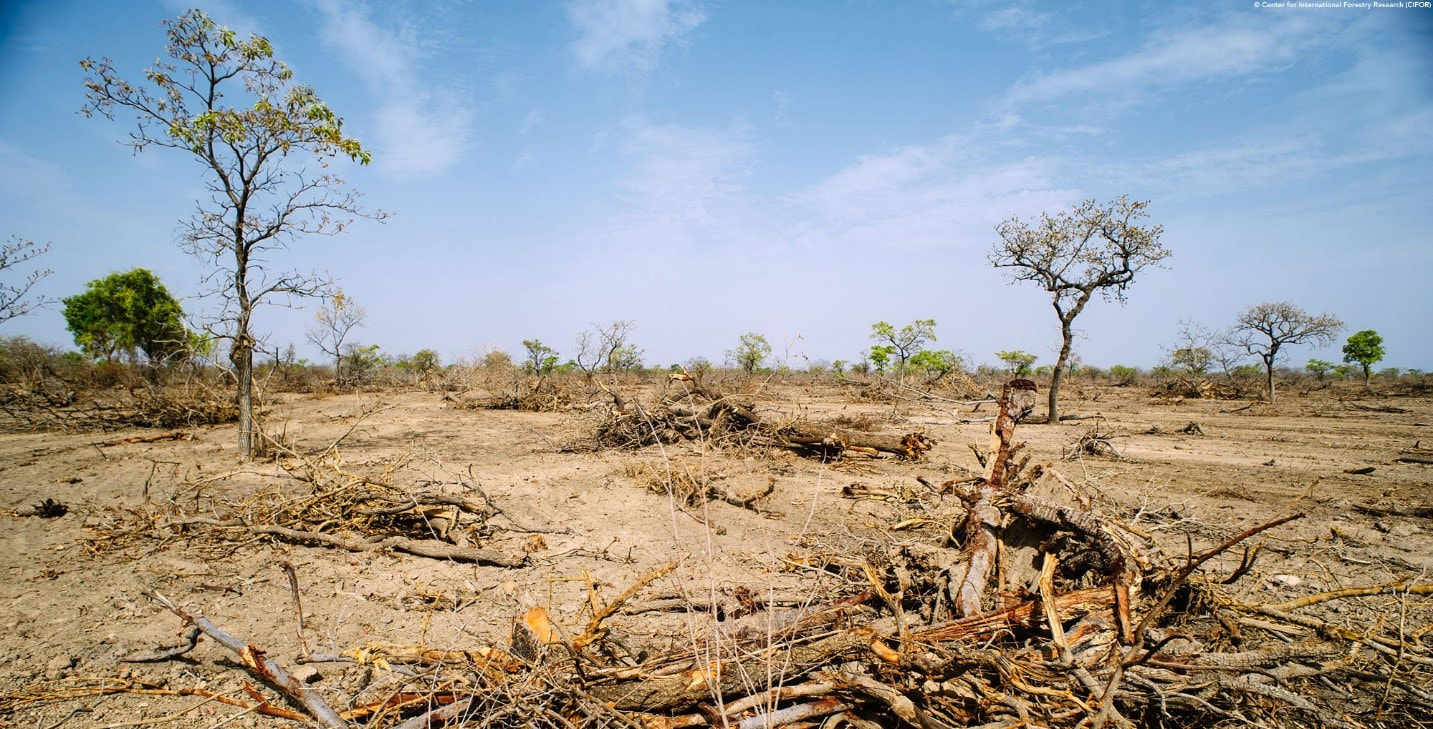
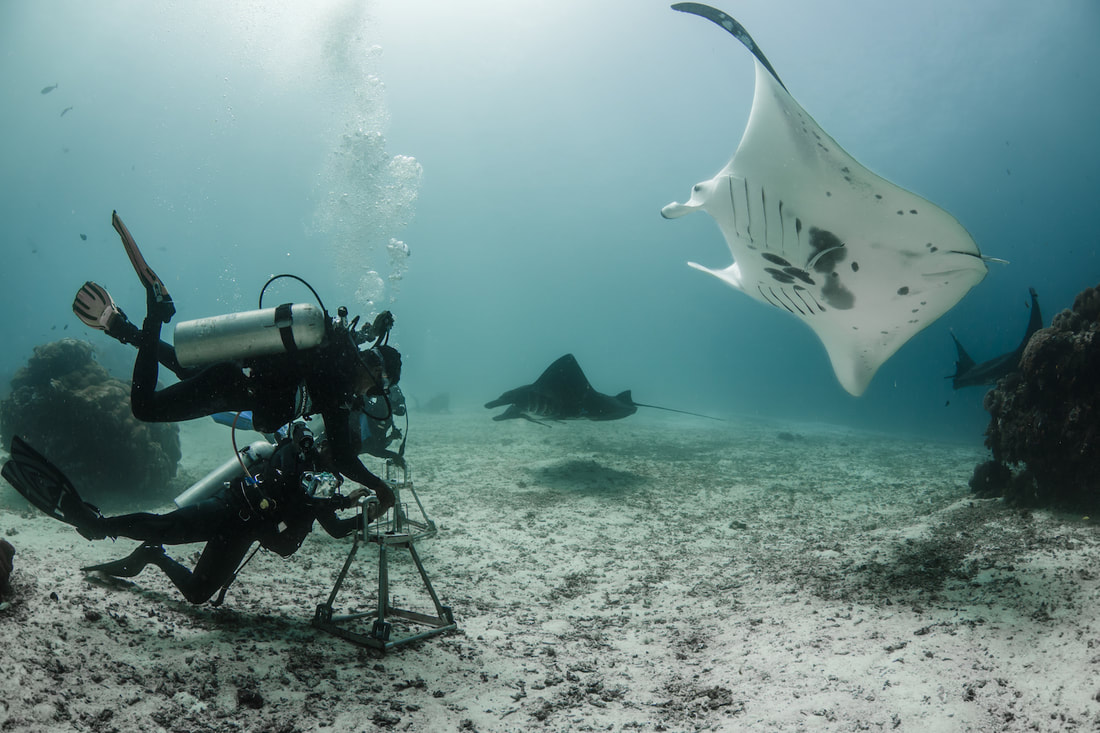
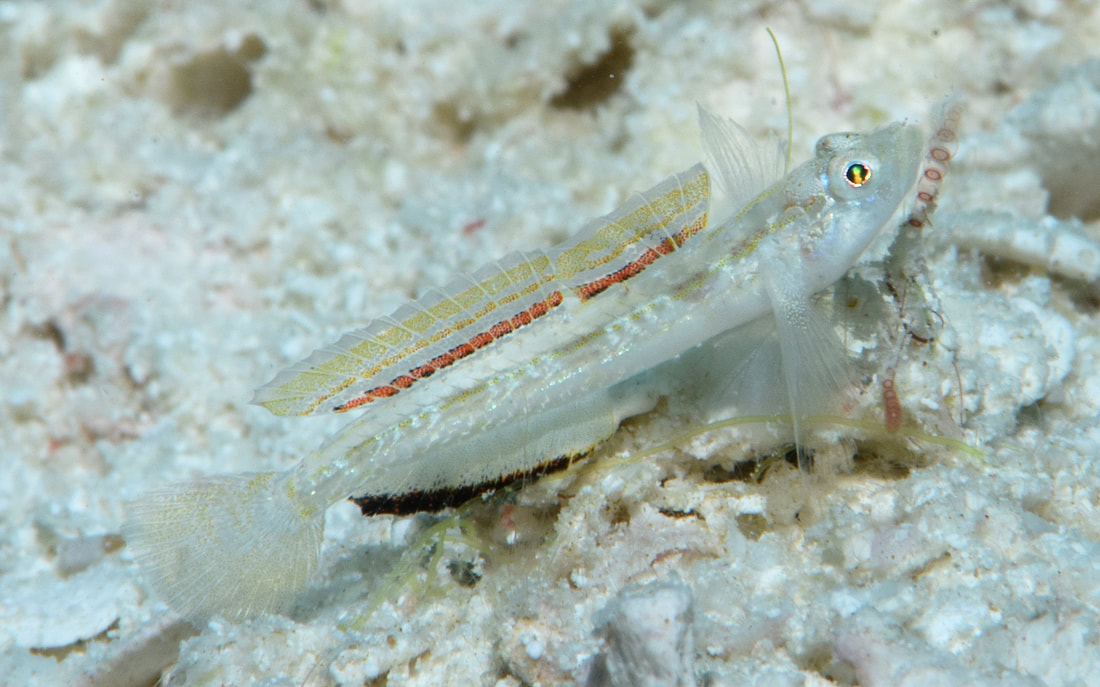
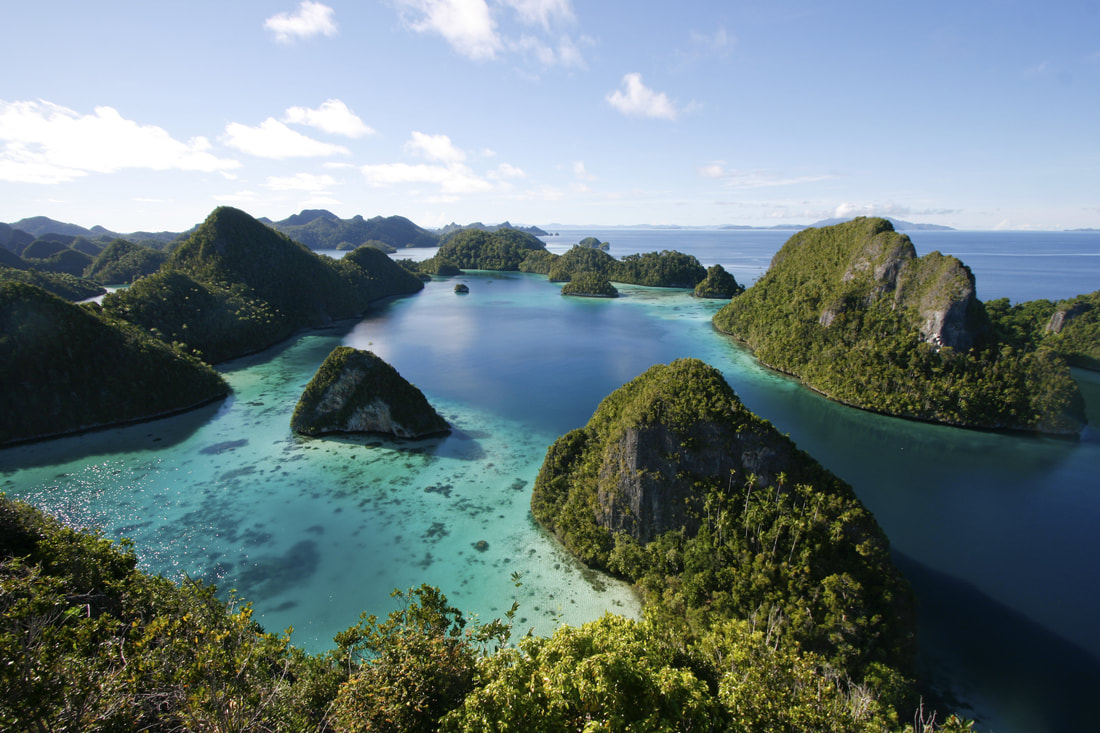
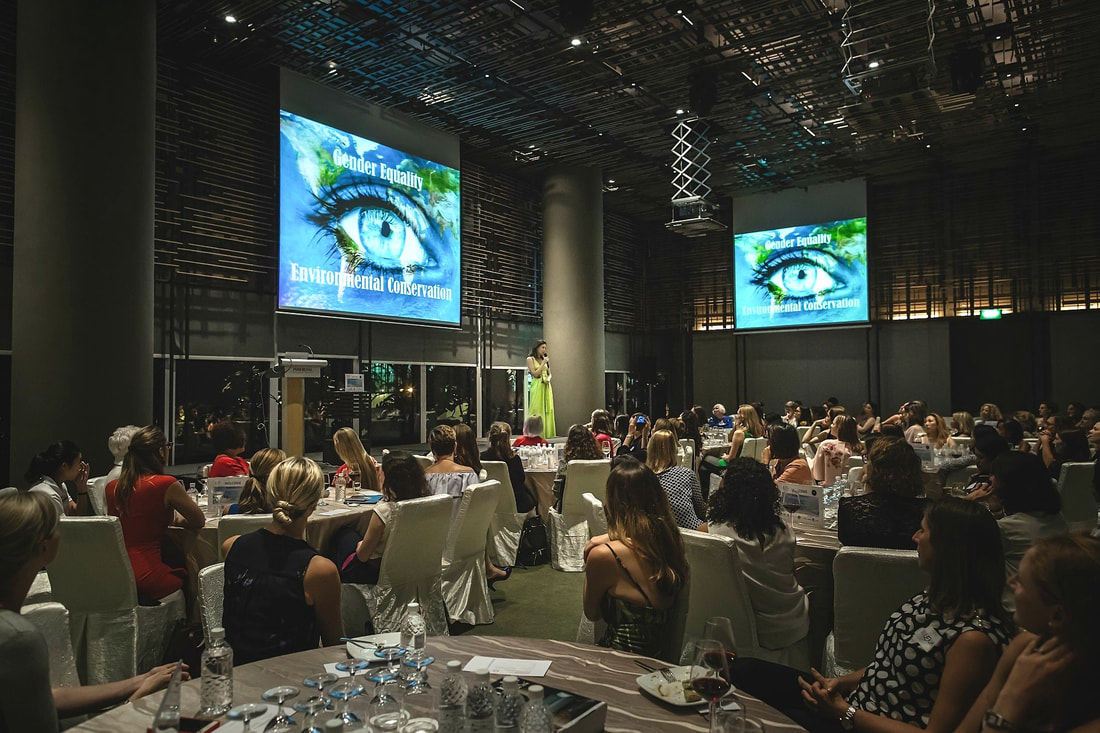

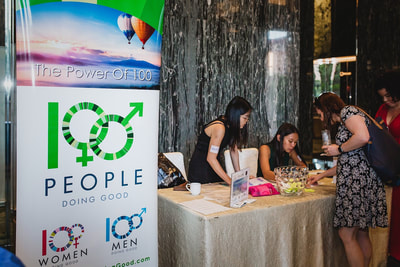


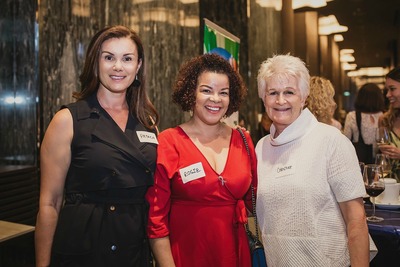
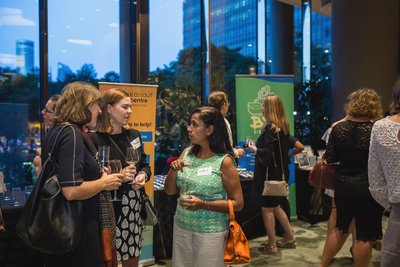
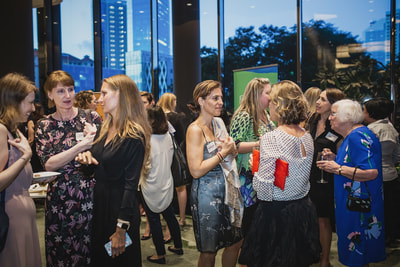

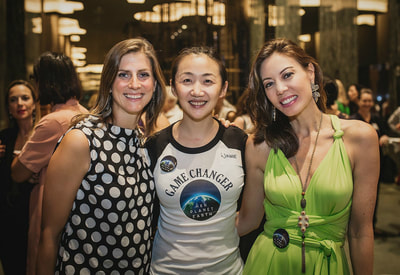
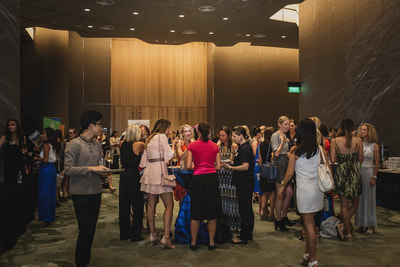


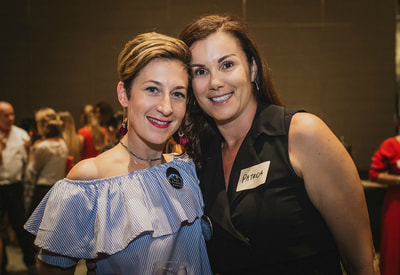
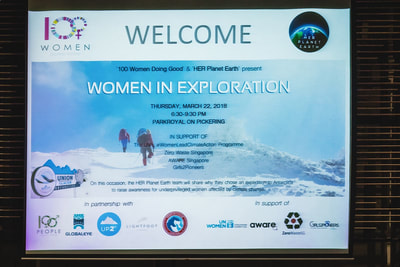
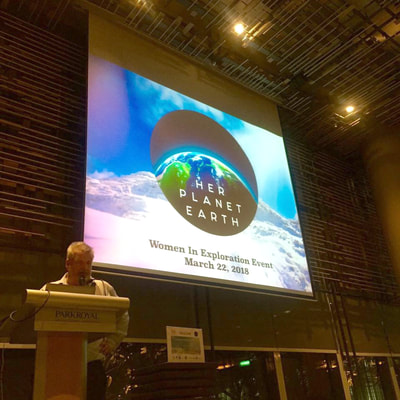

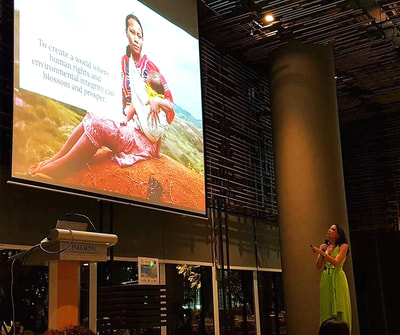
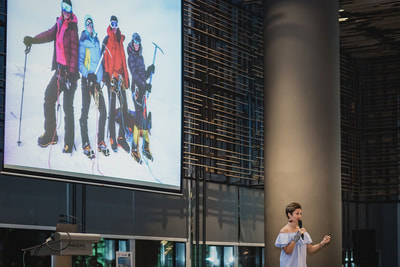

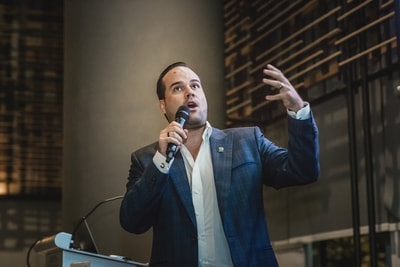
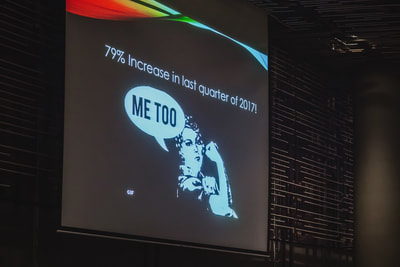
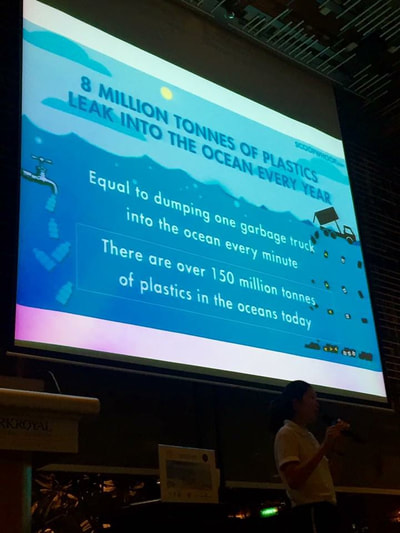

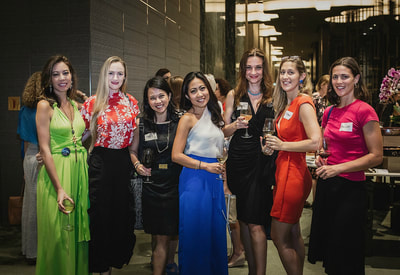

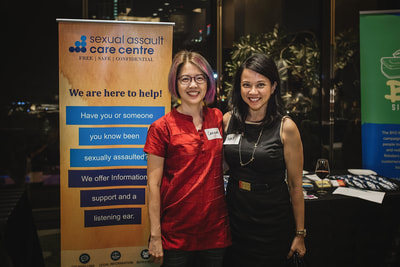
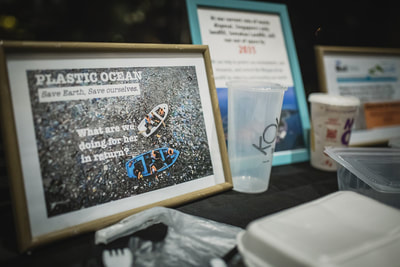
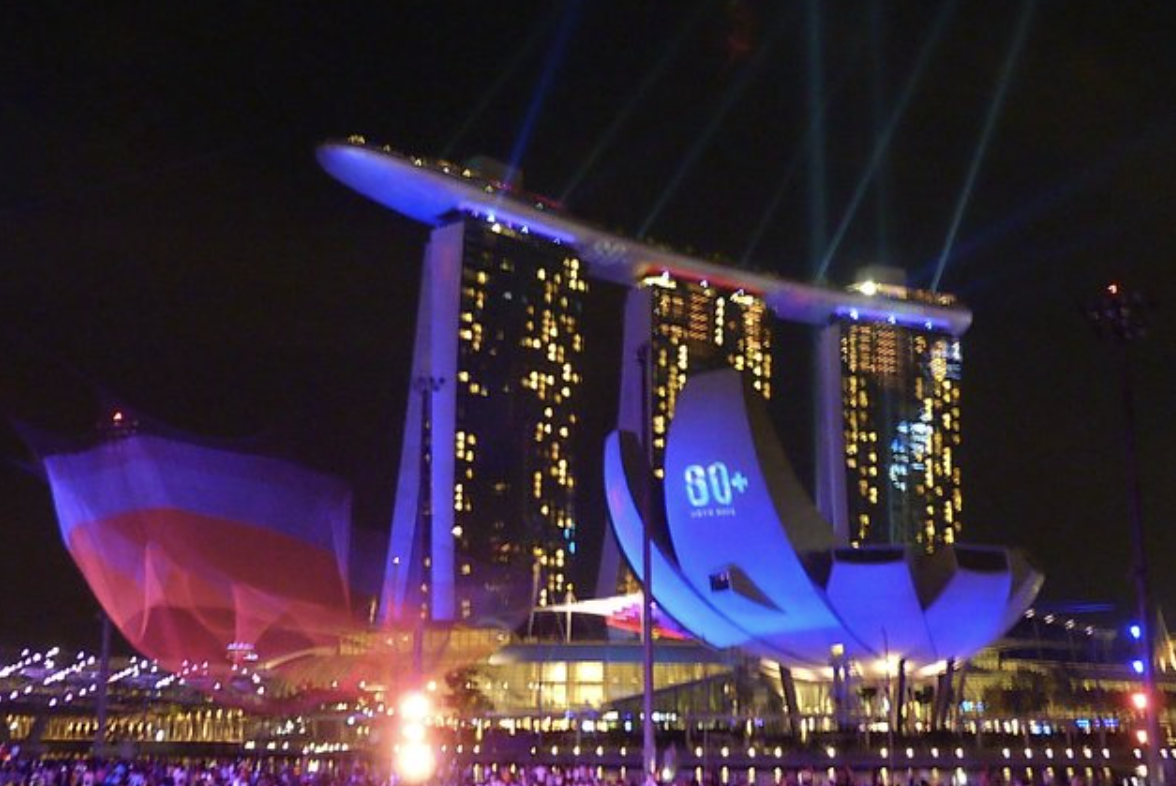



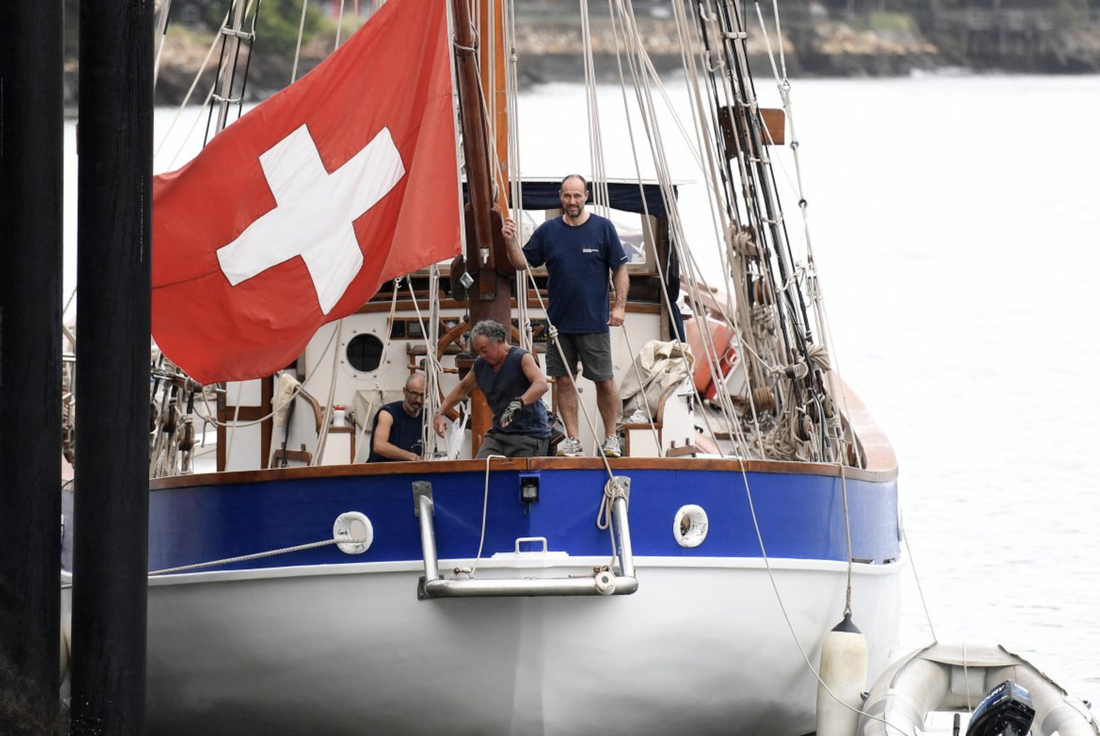
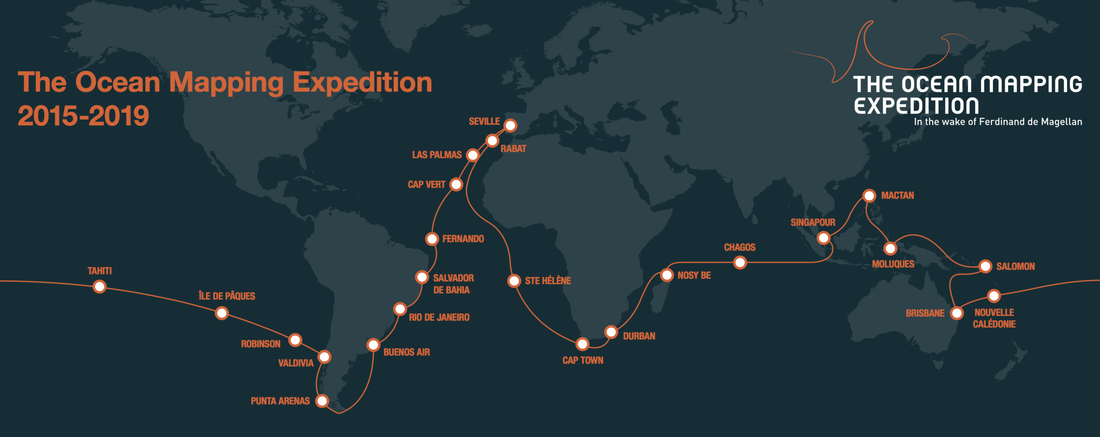
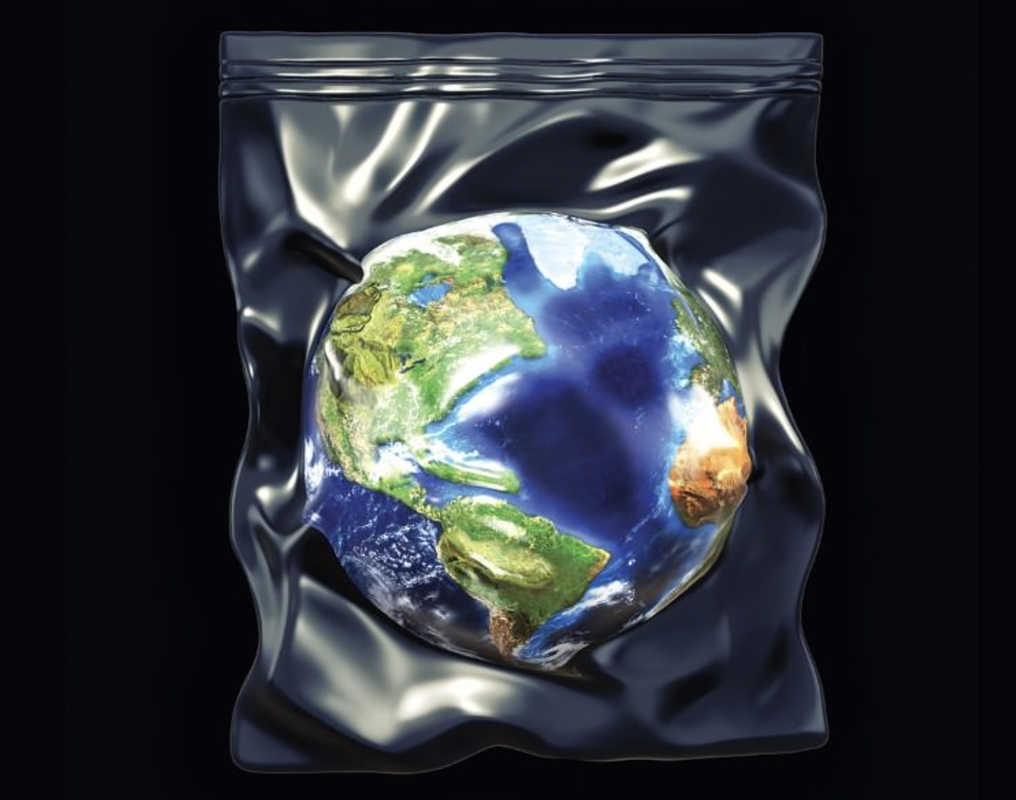
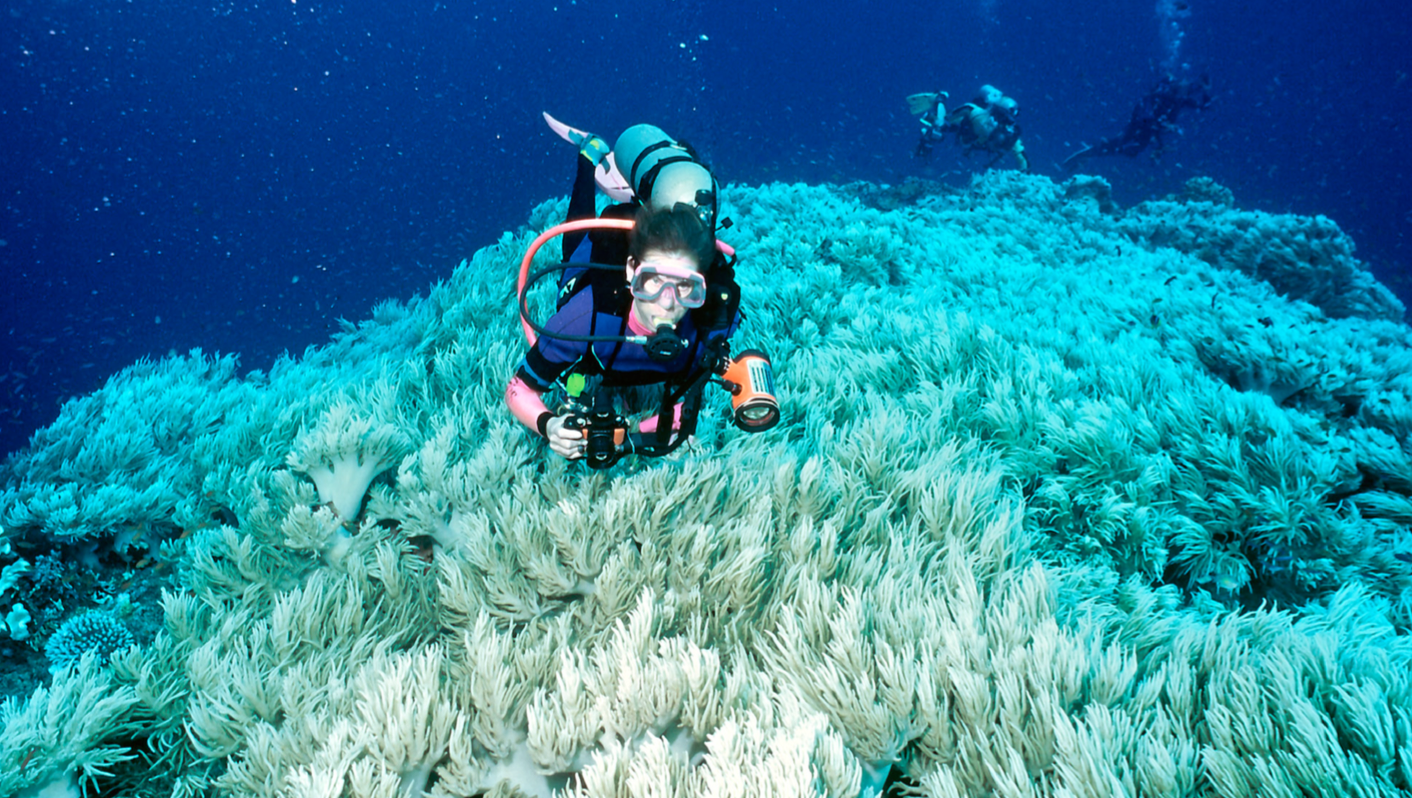
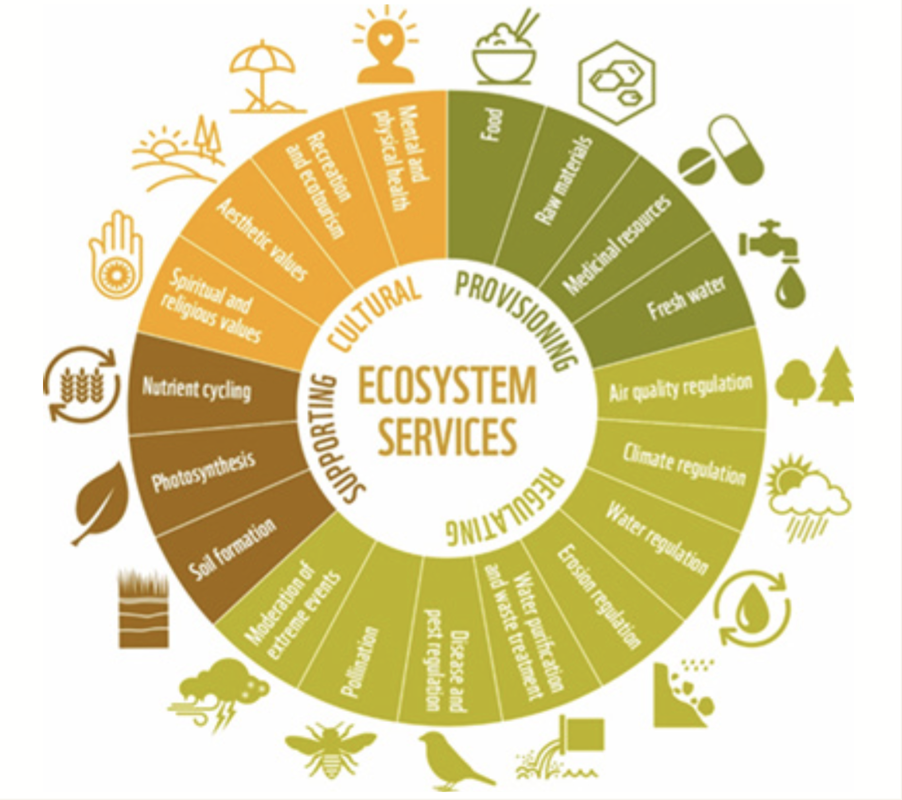
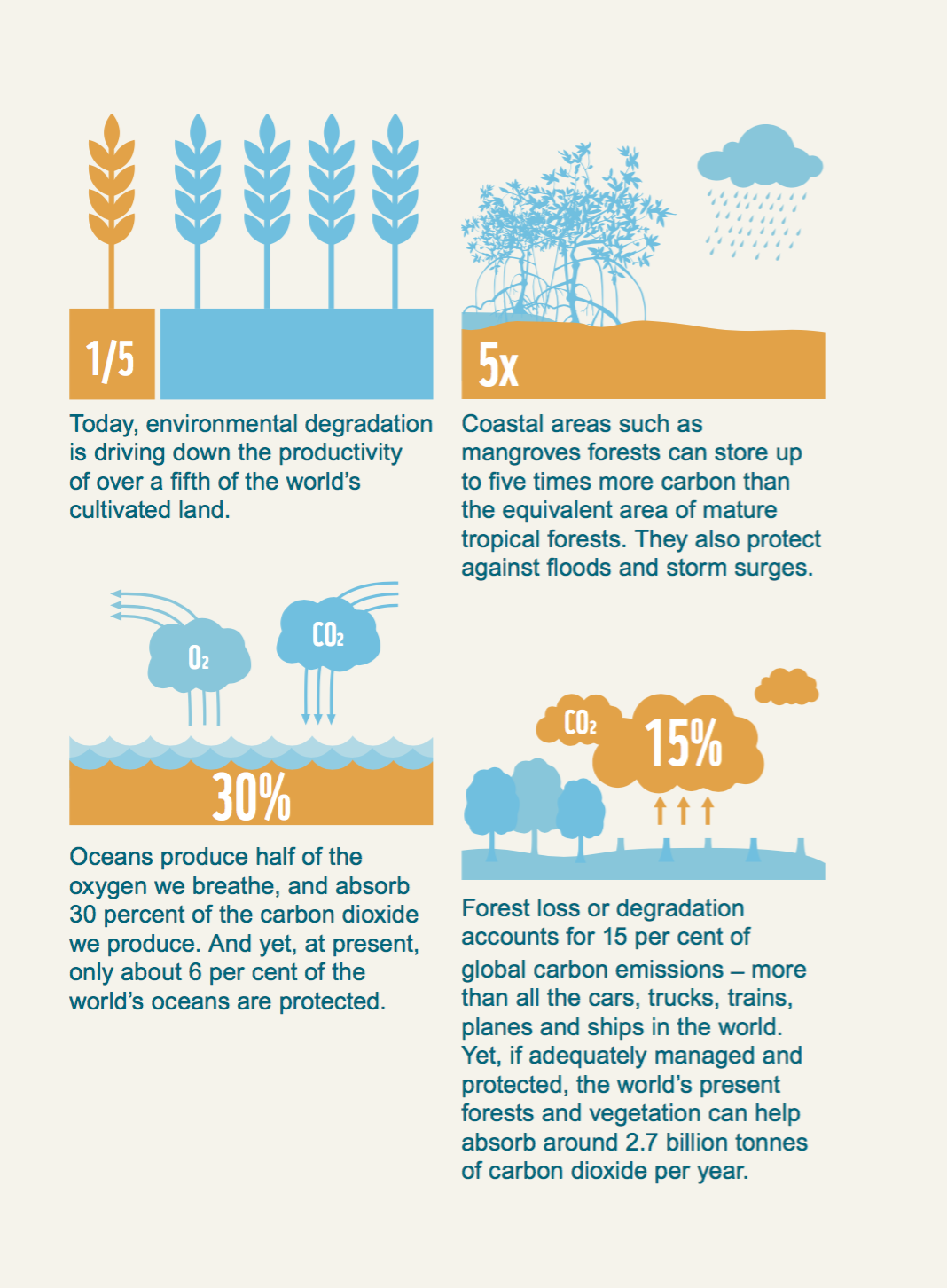
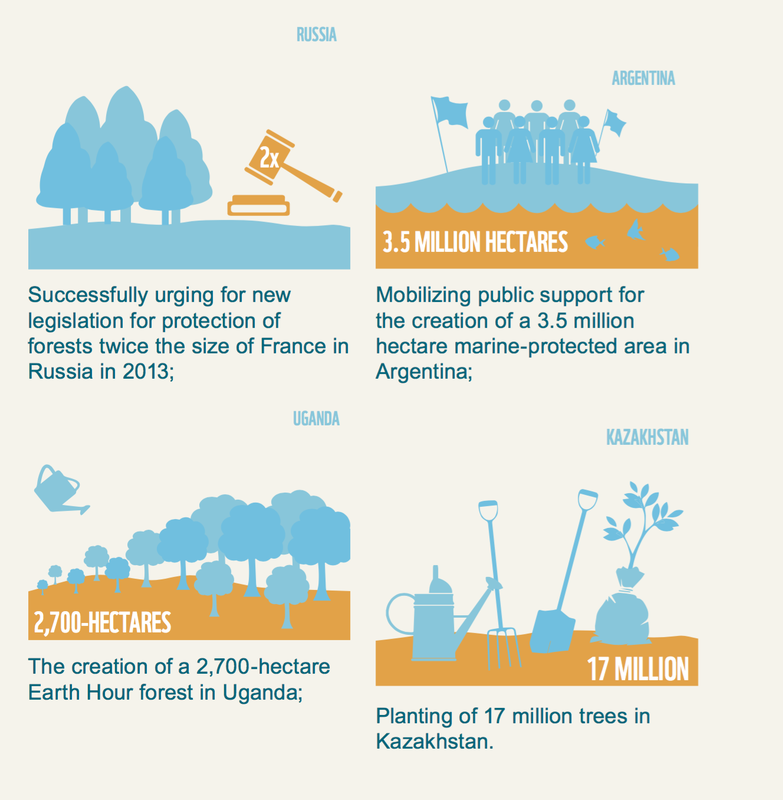
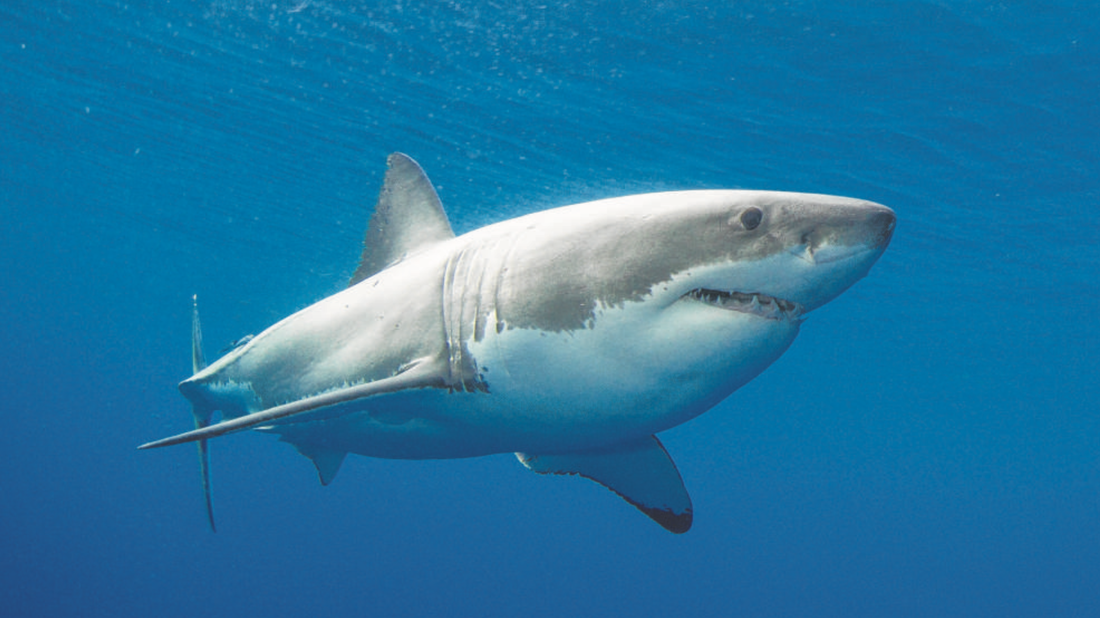



 RSS Feed
RSS Feed